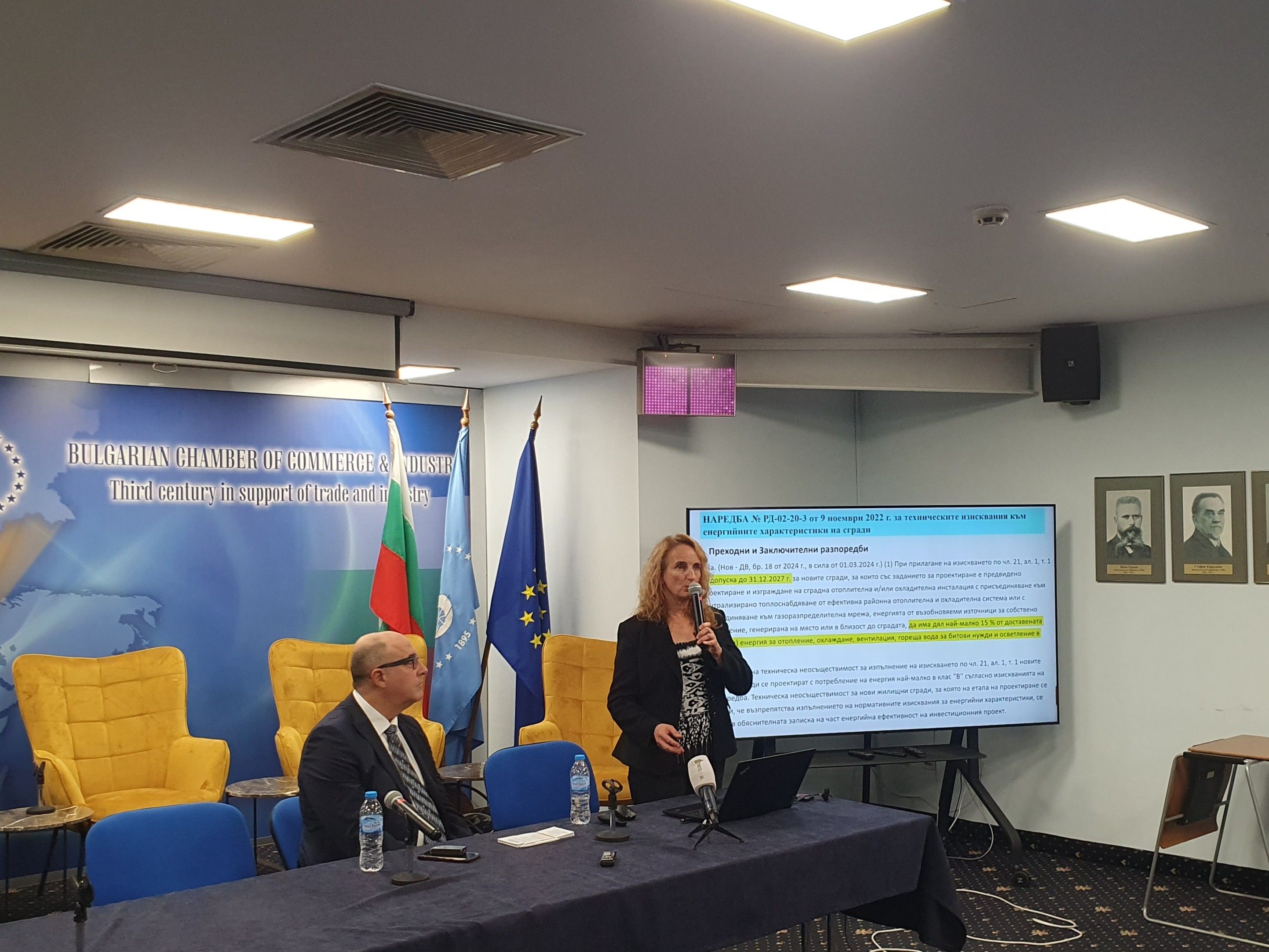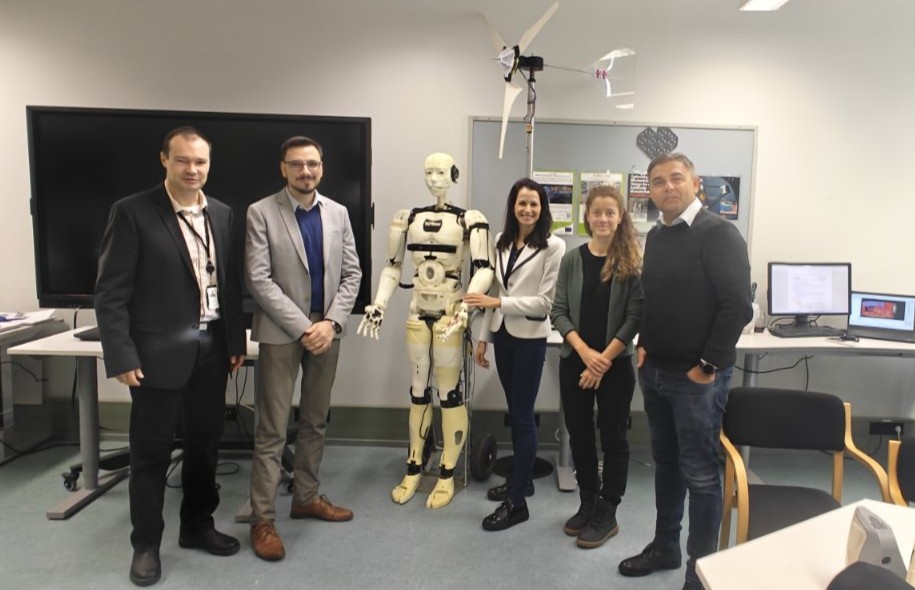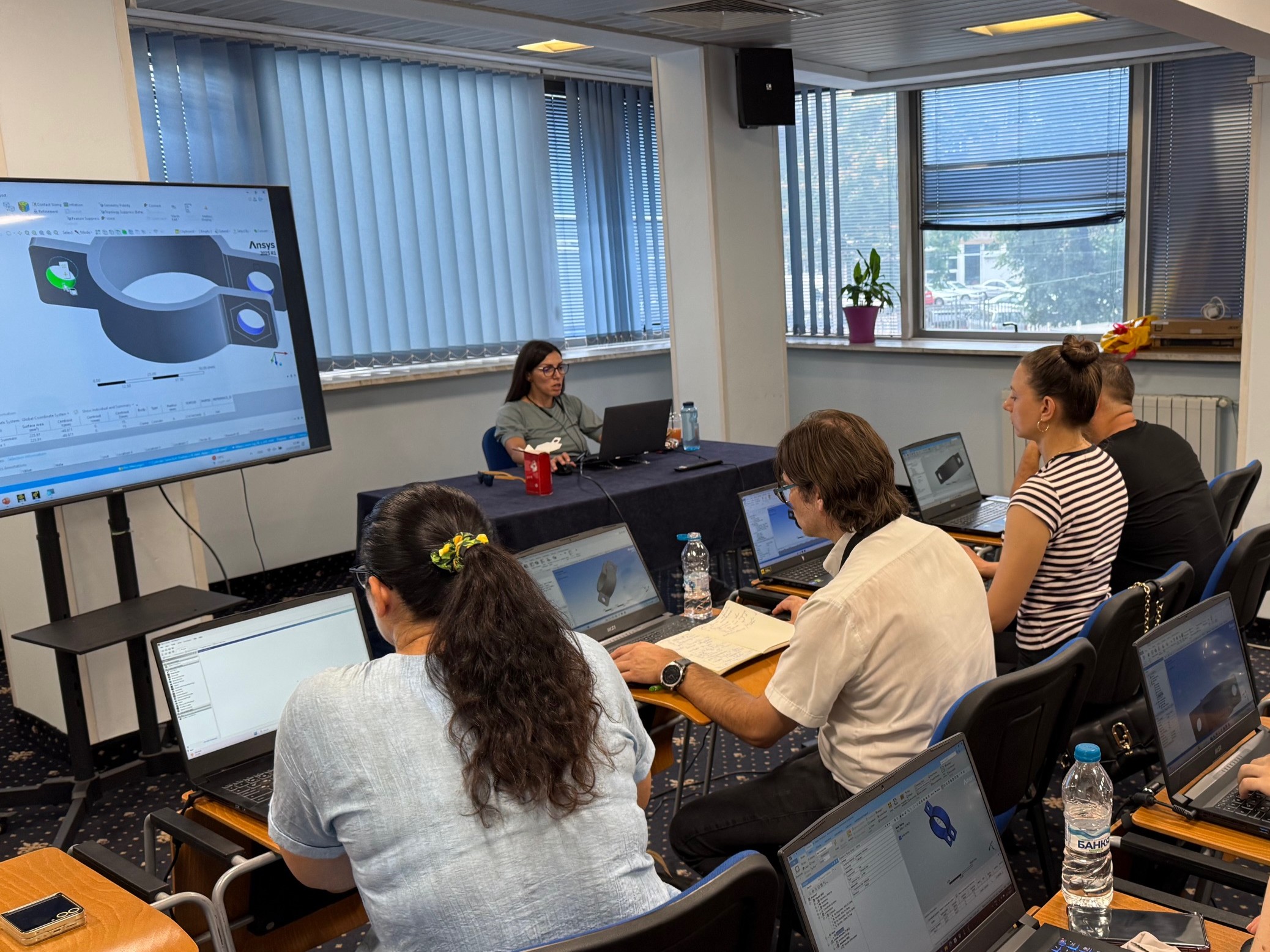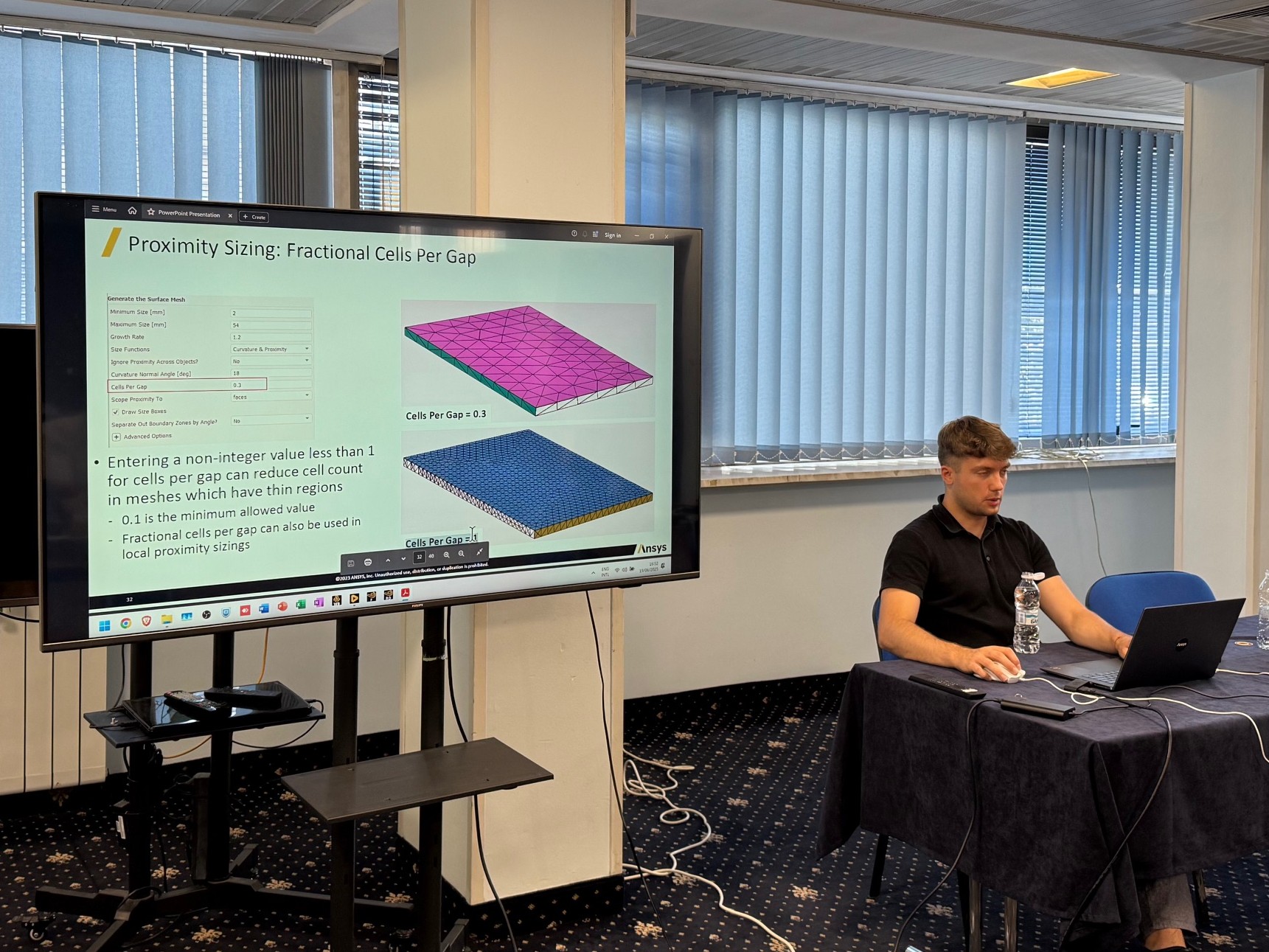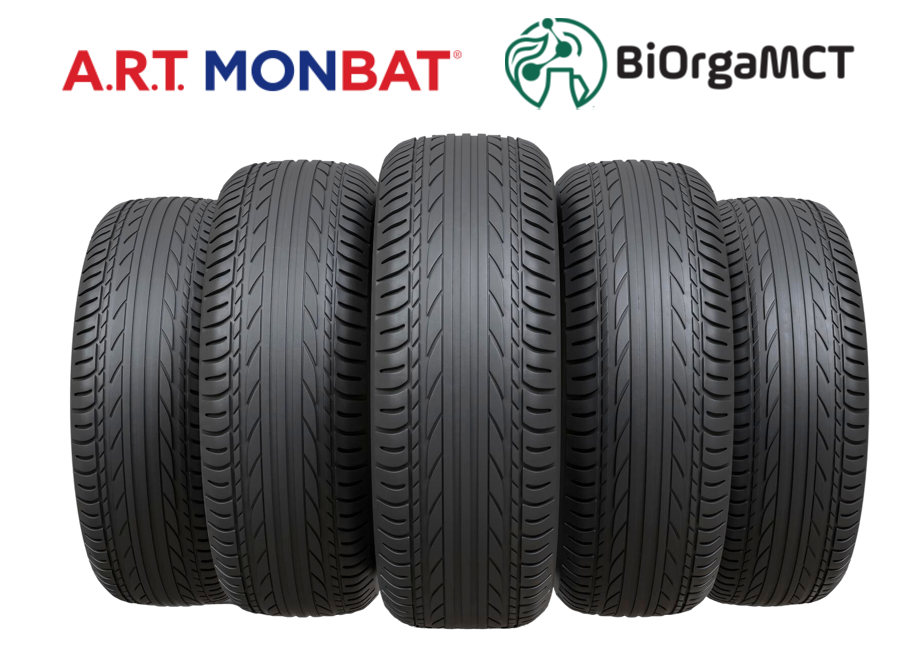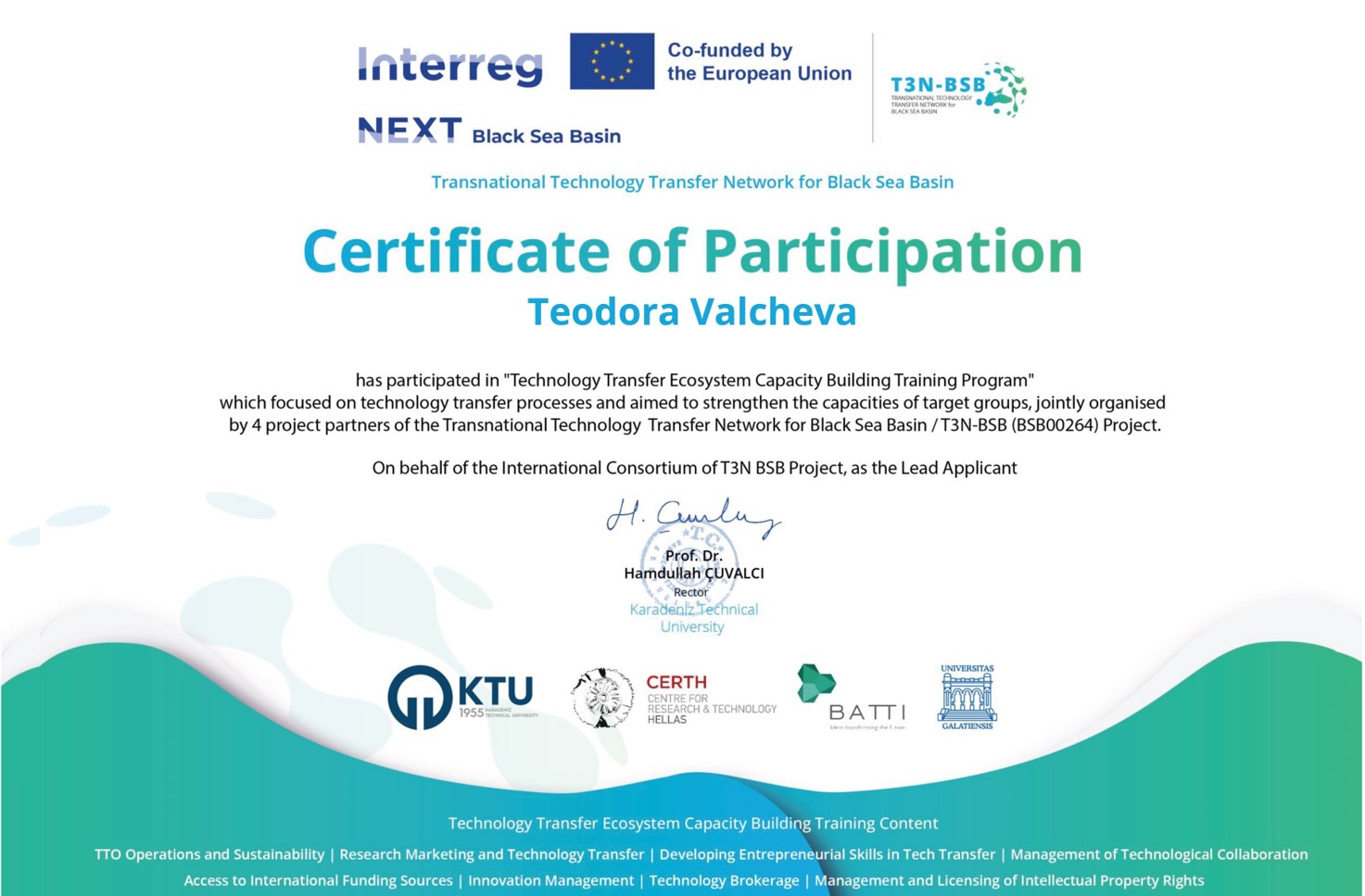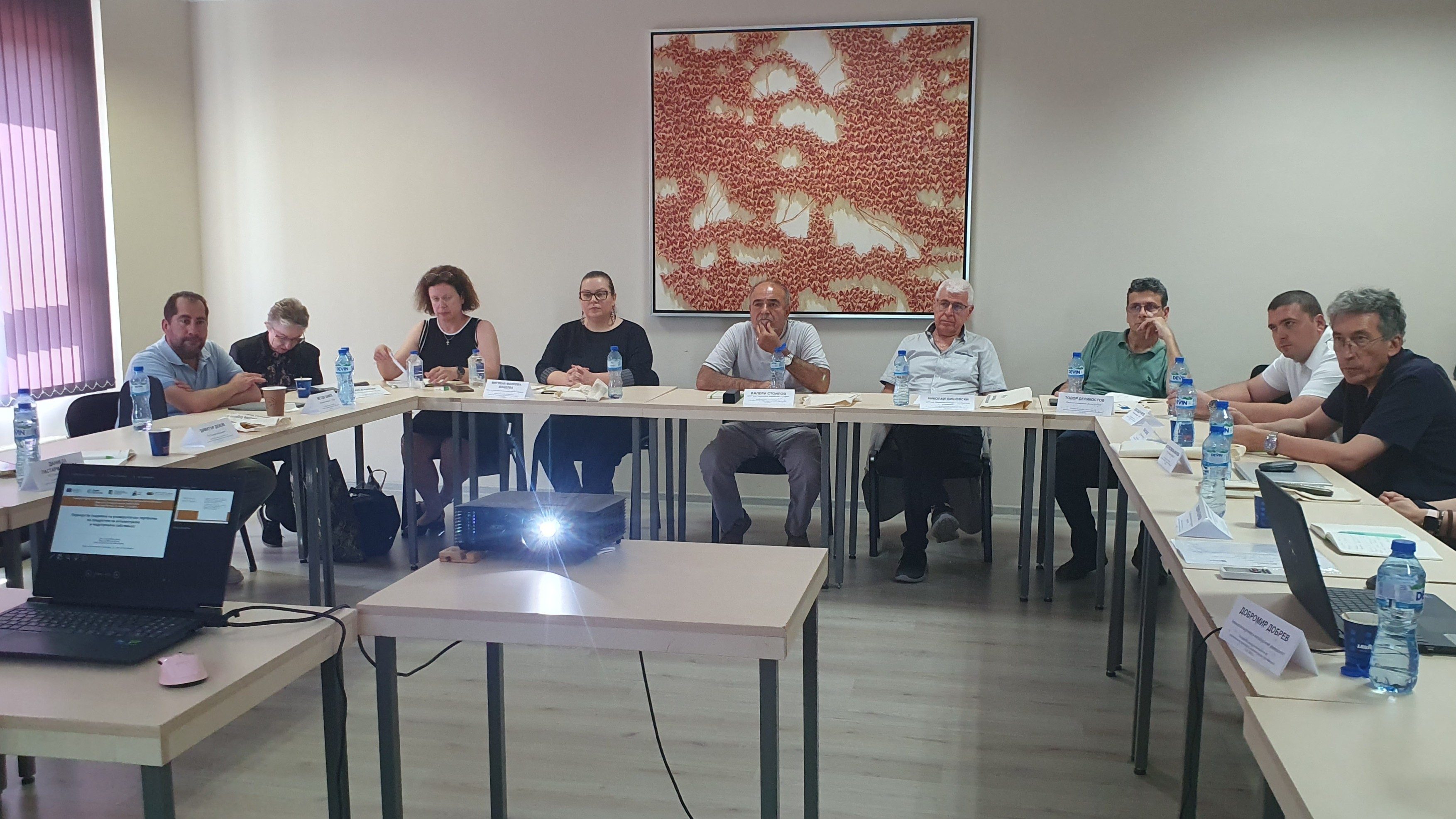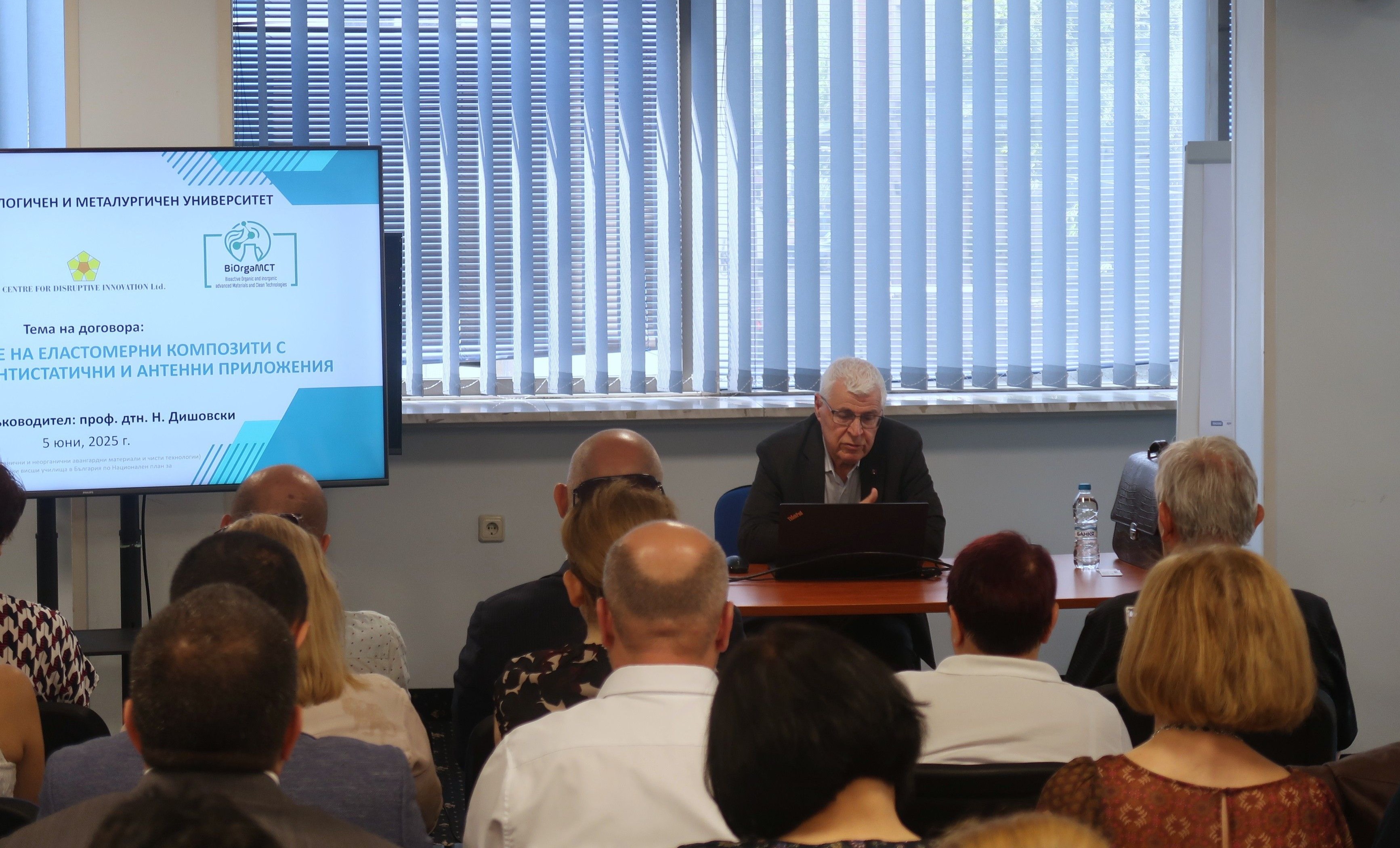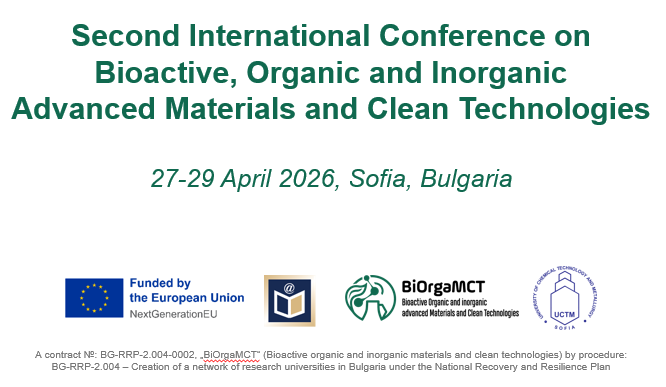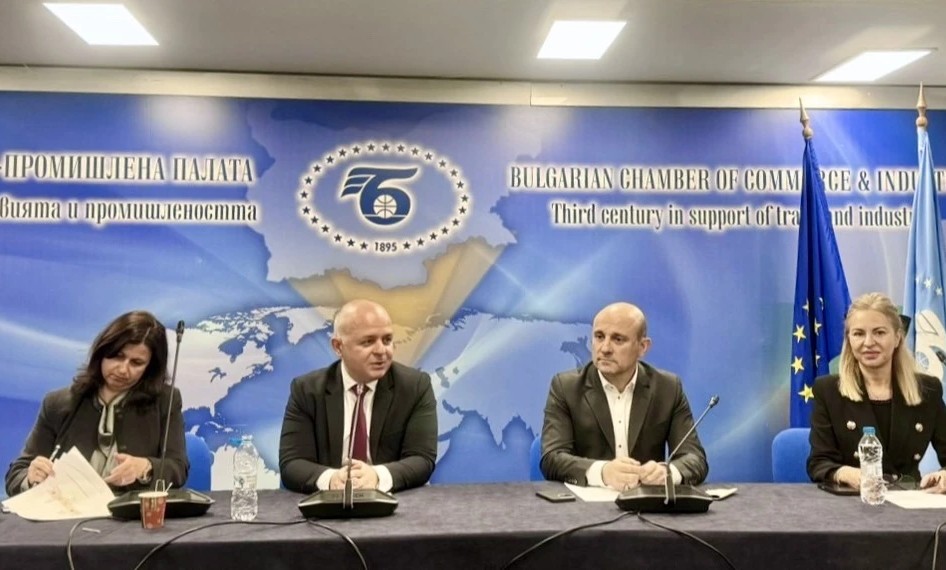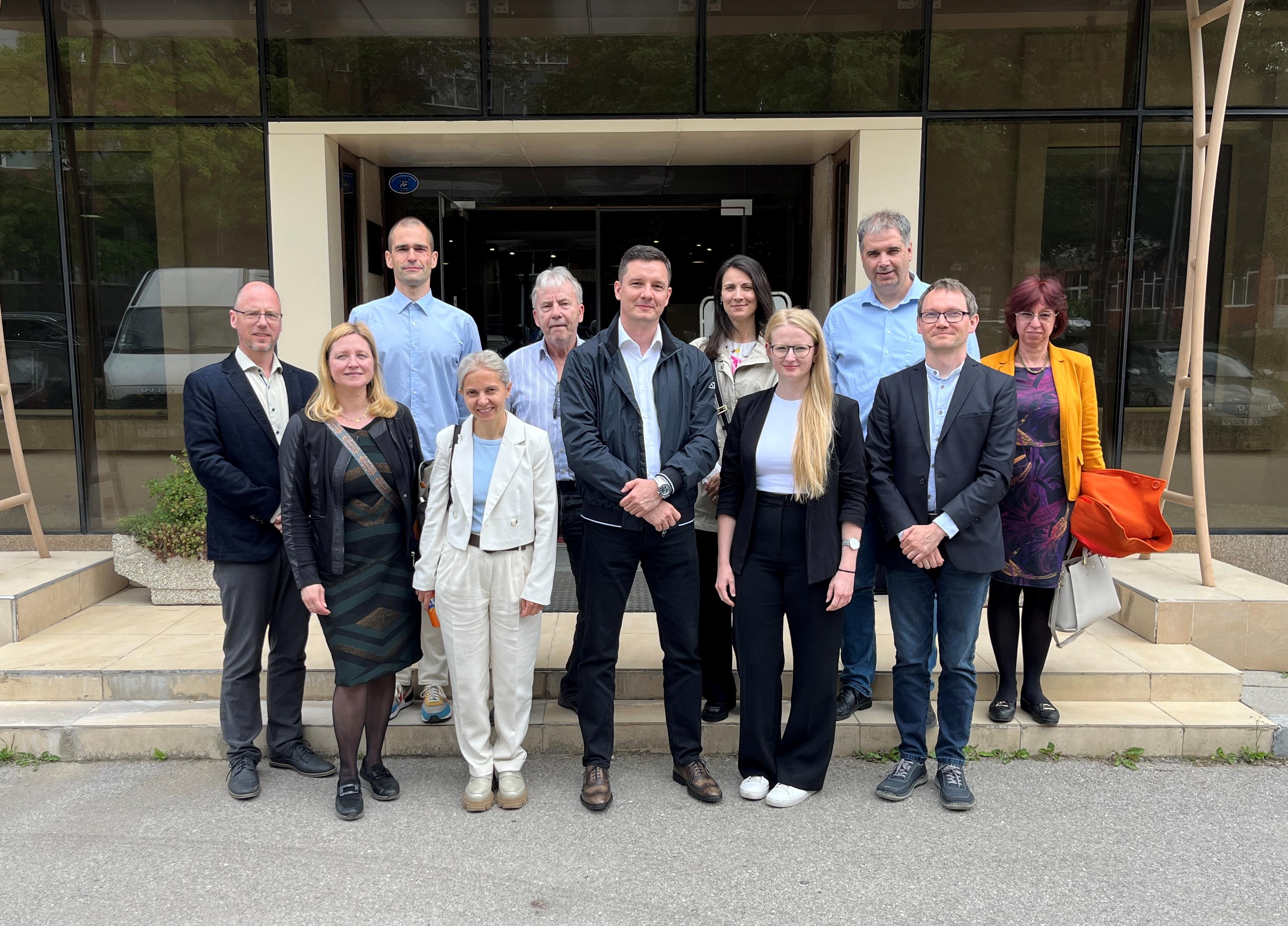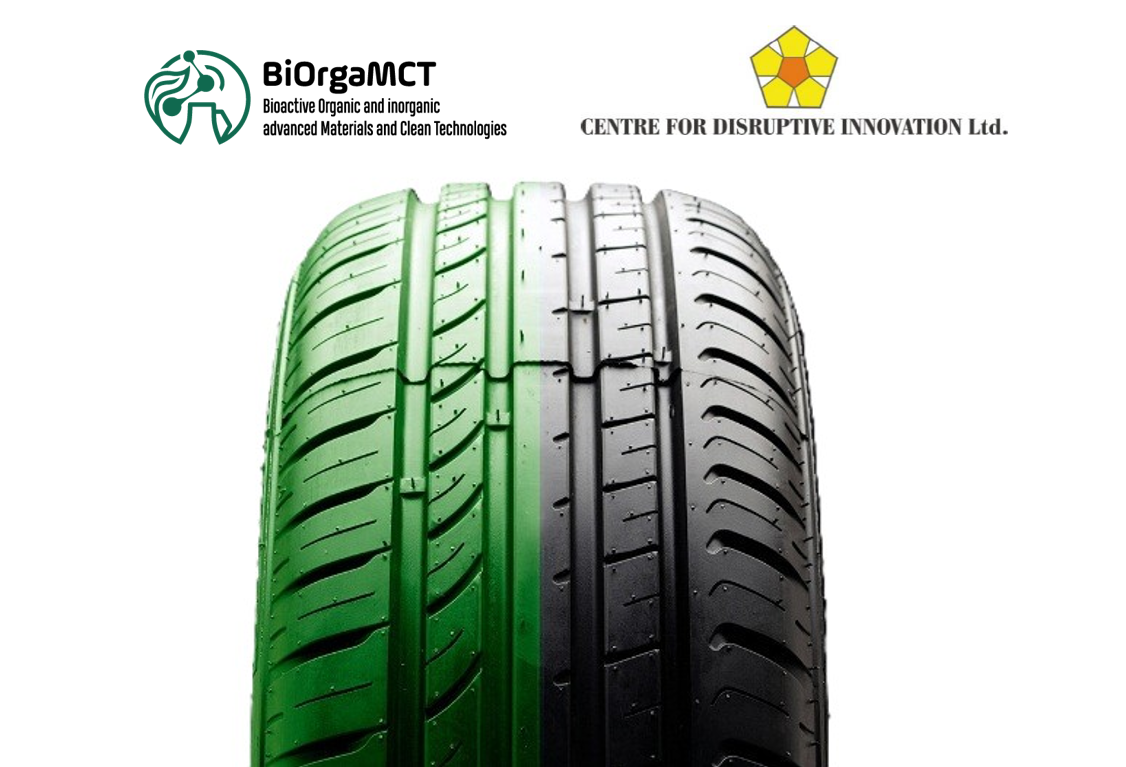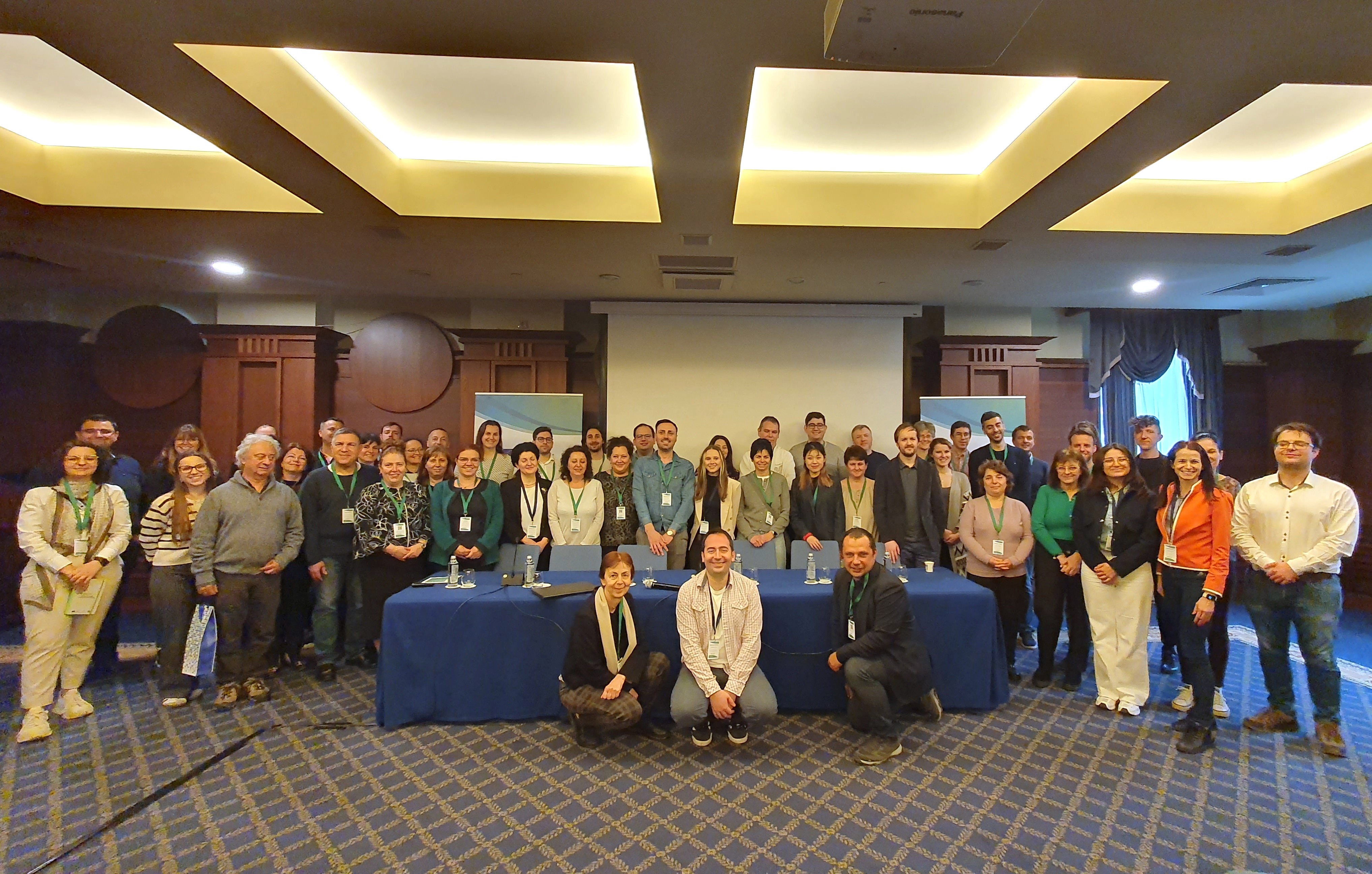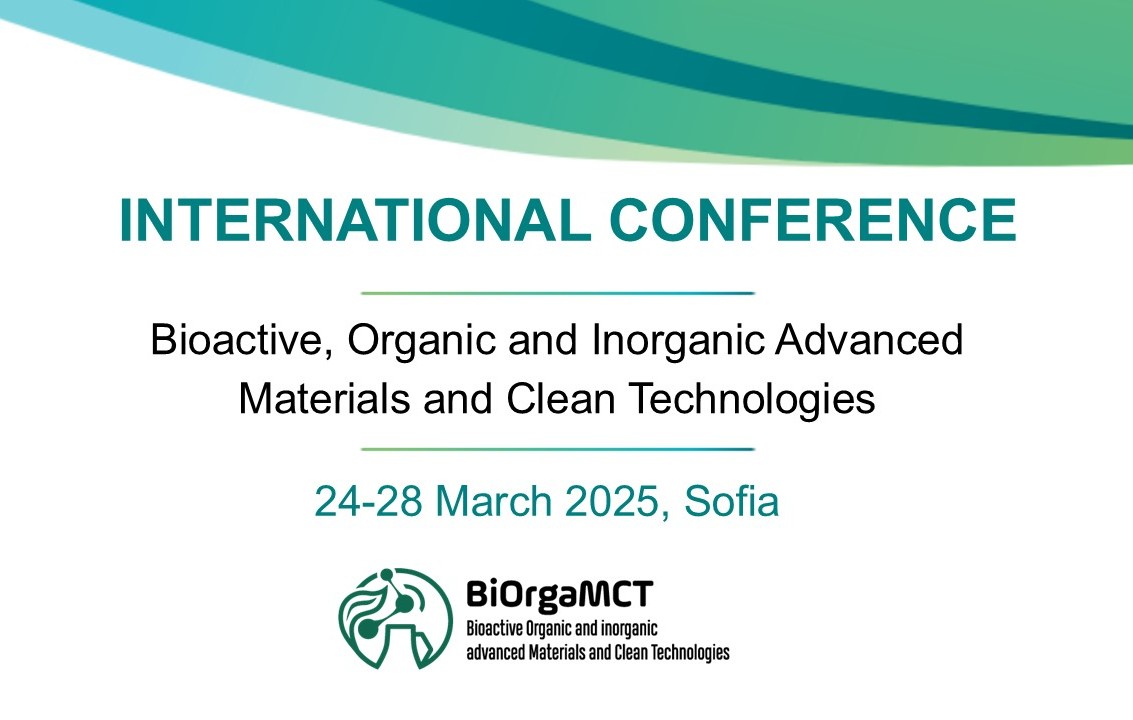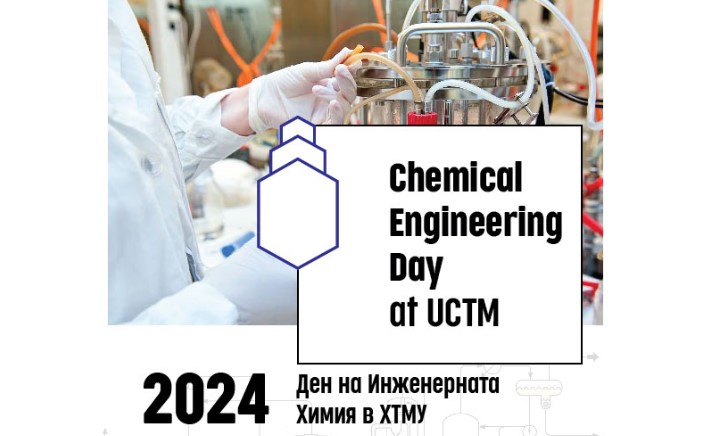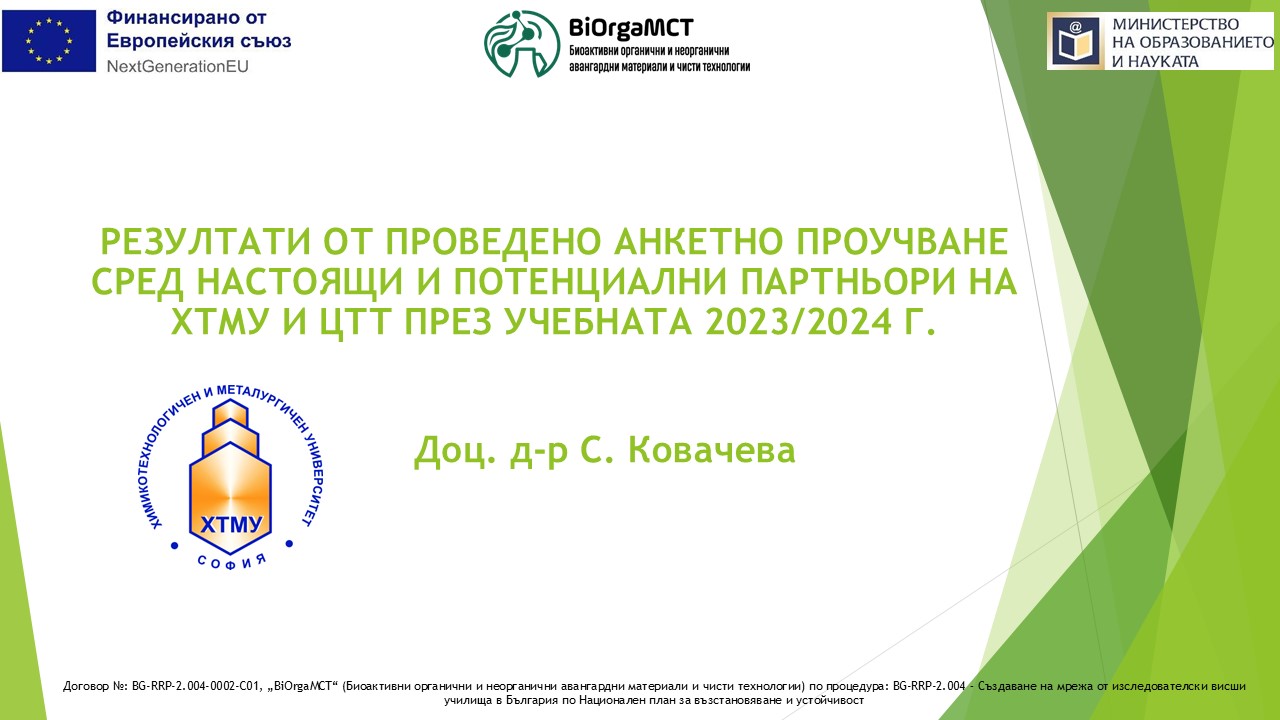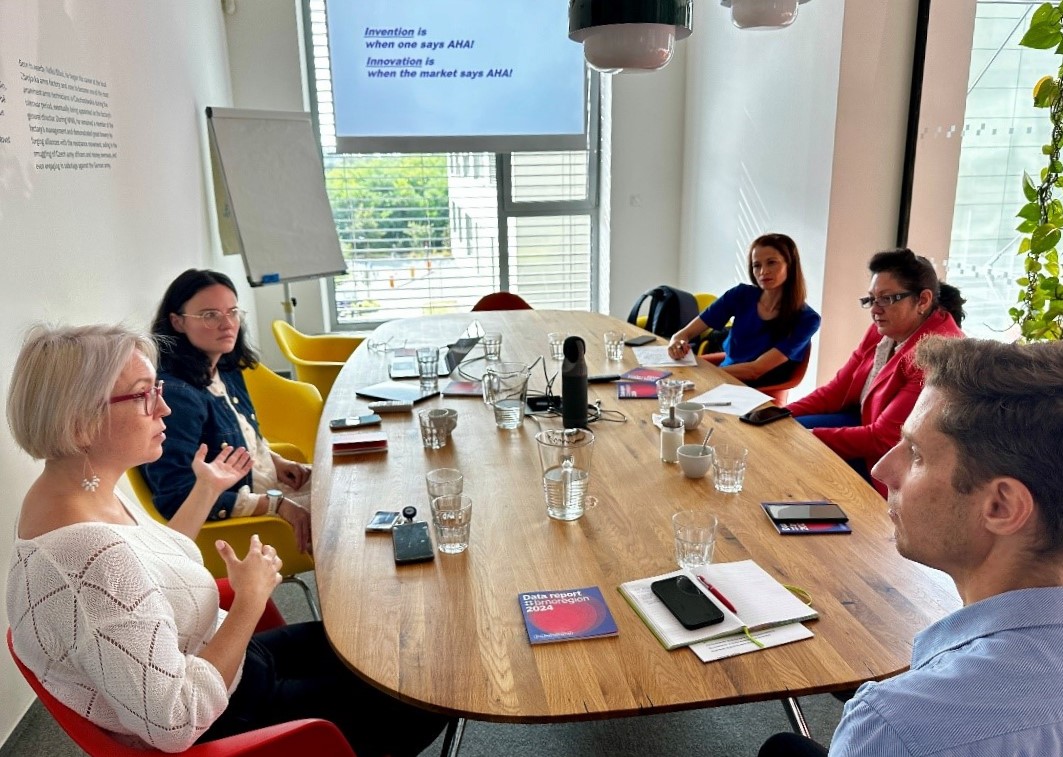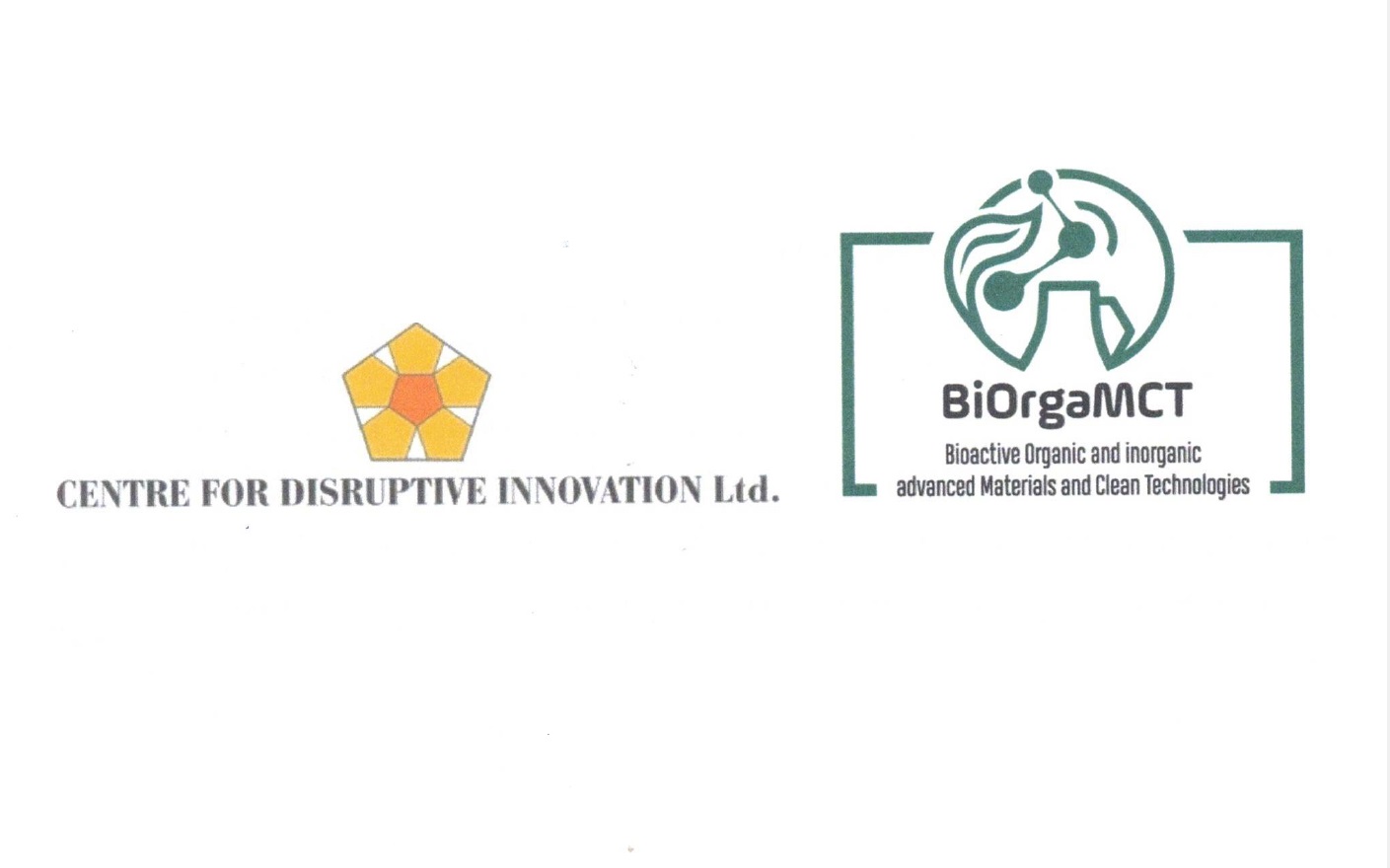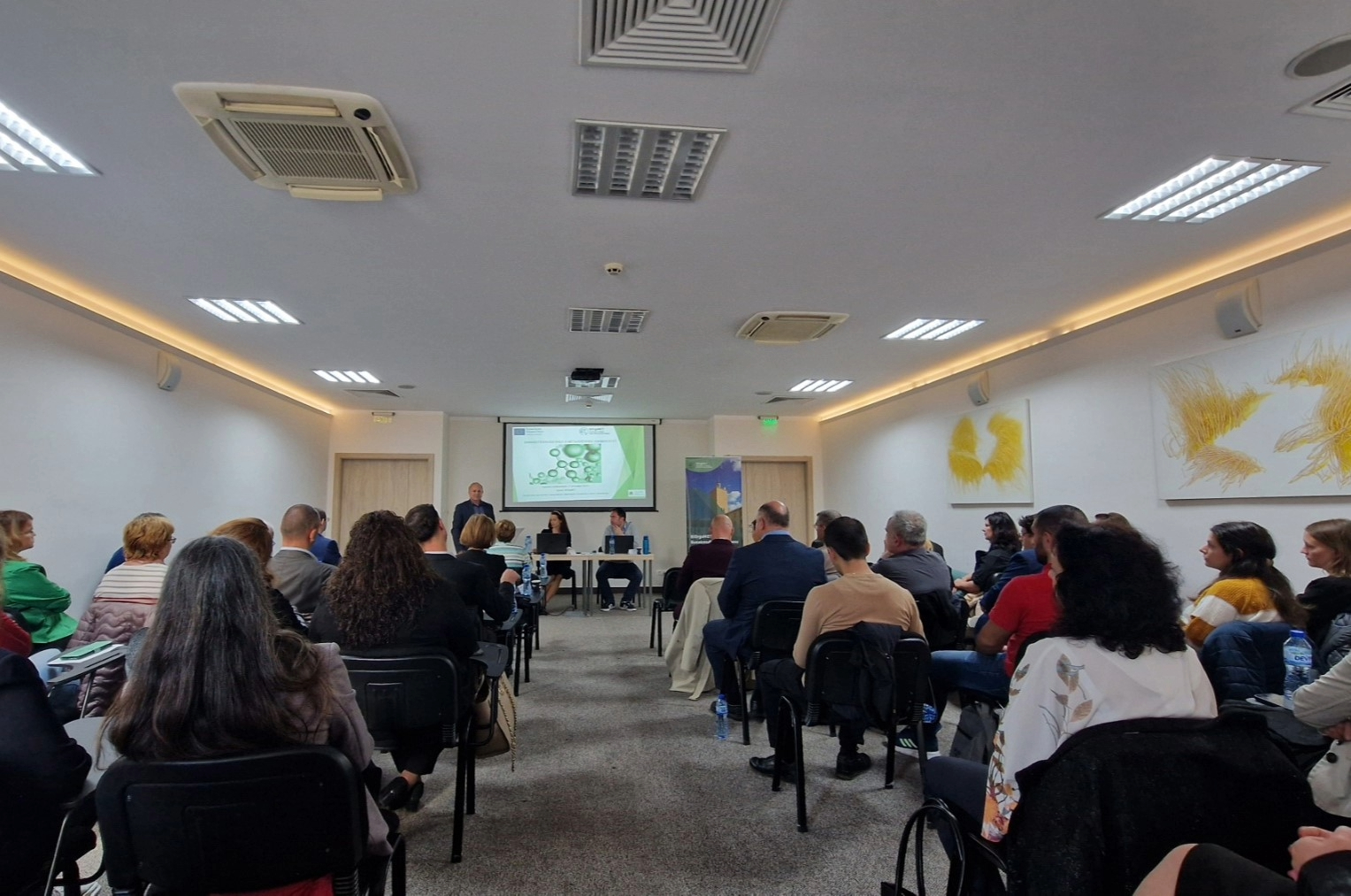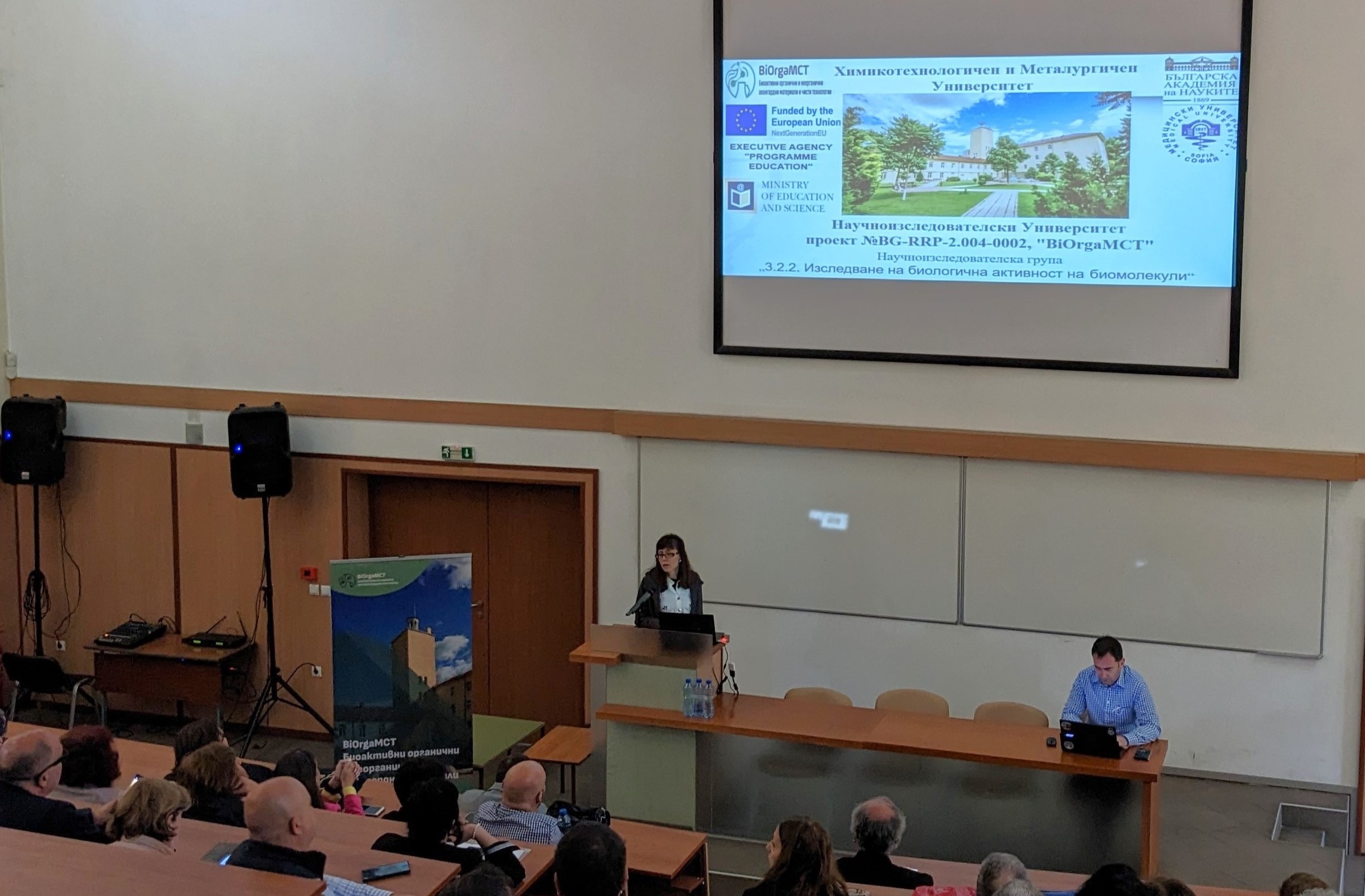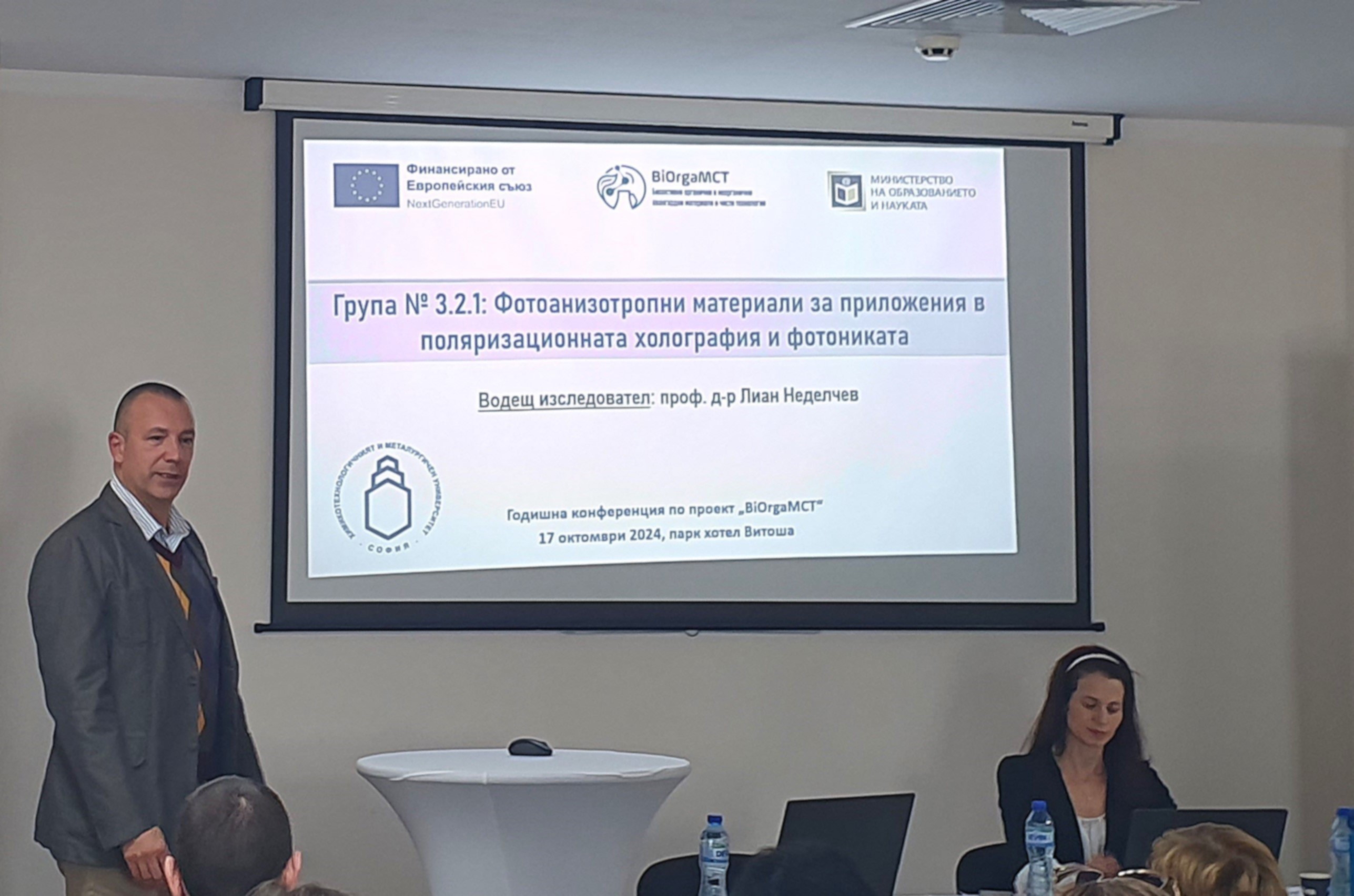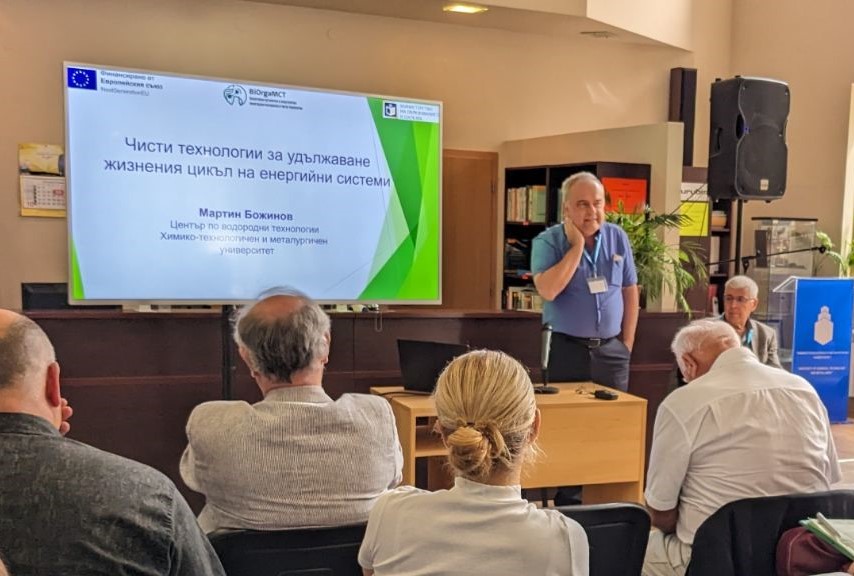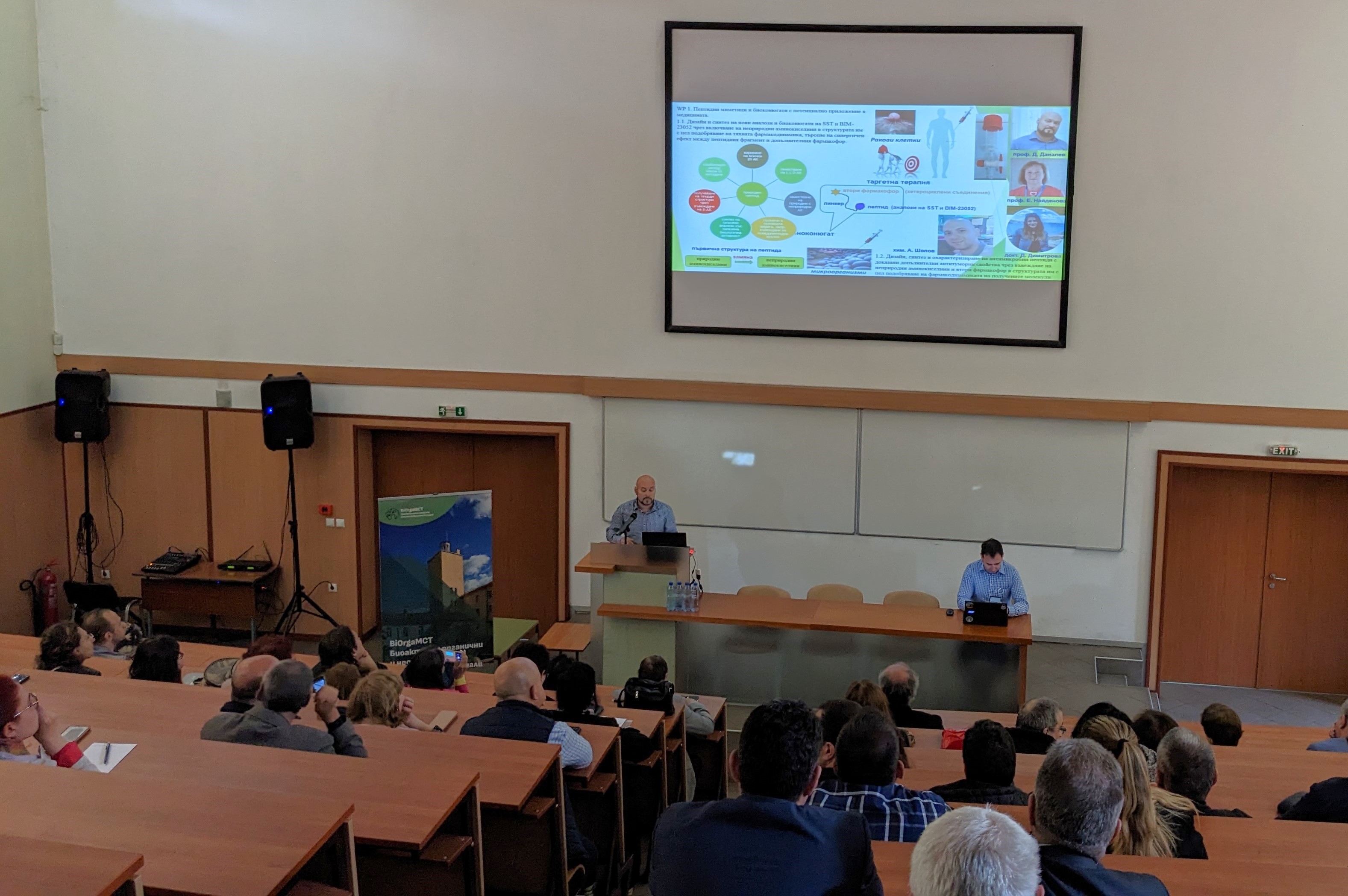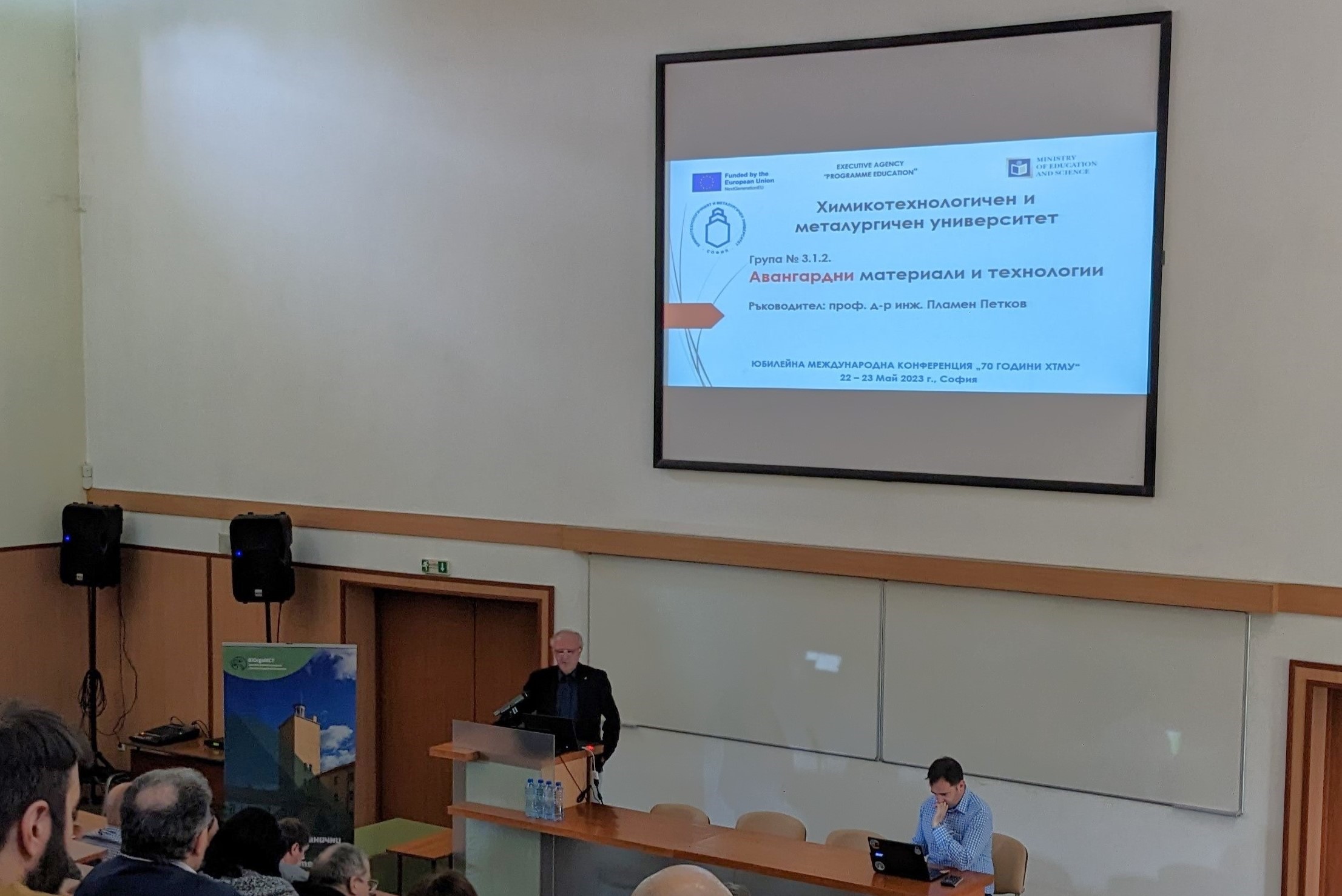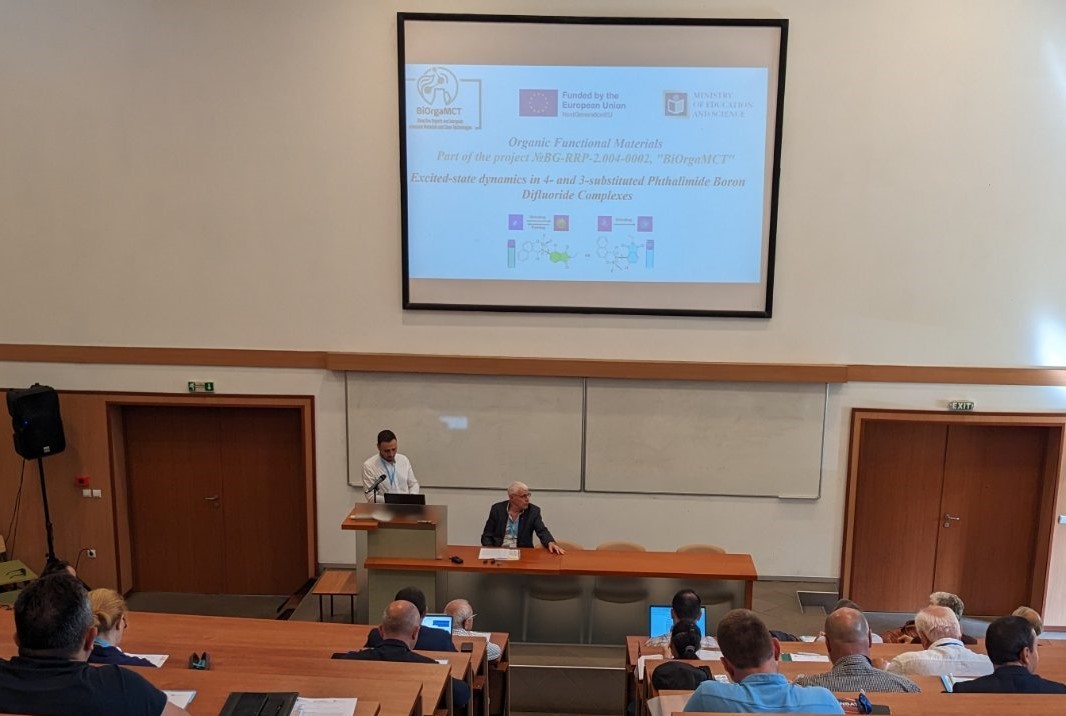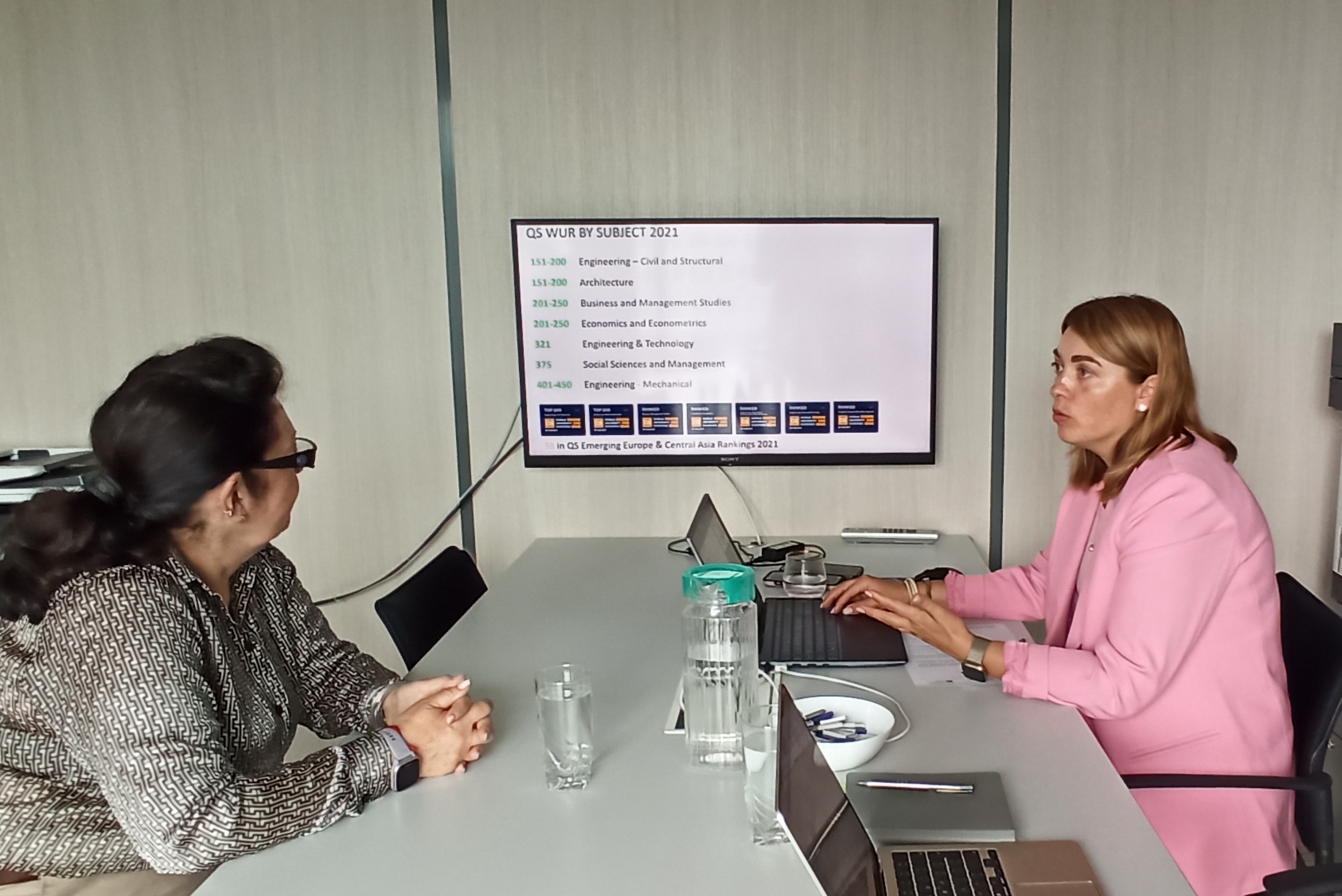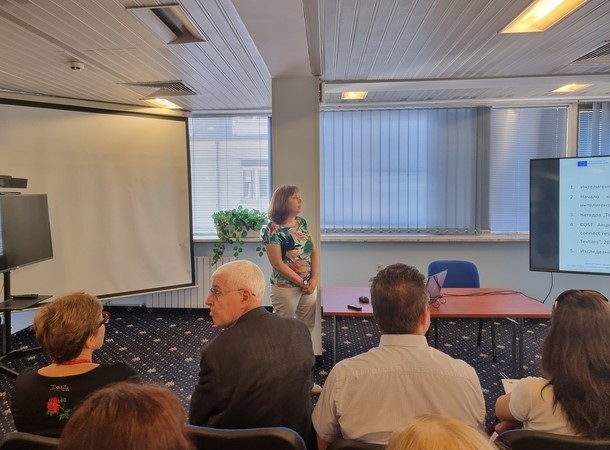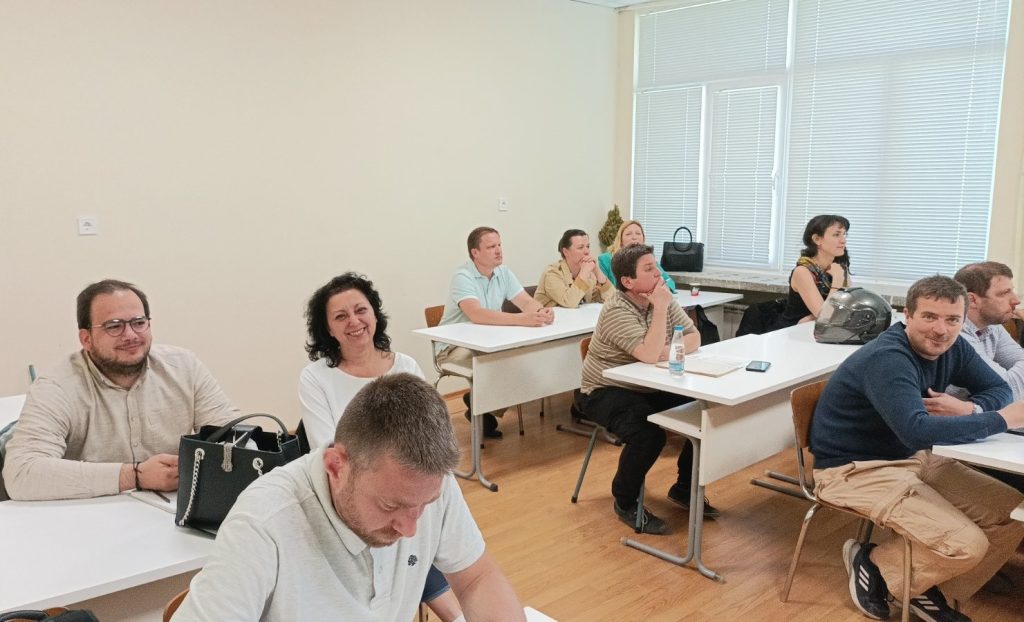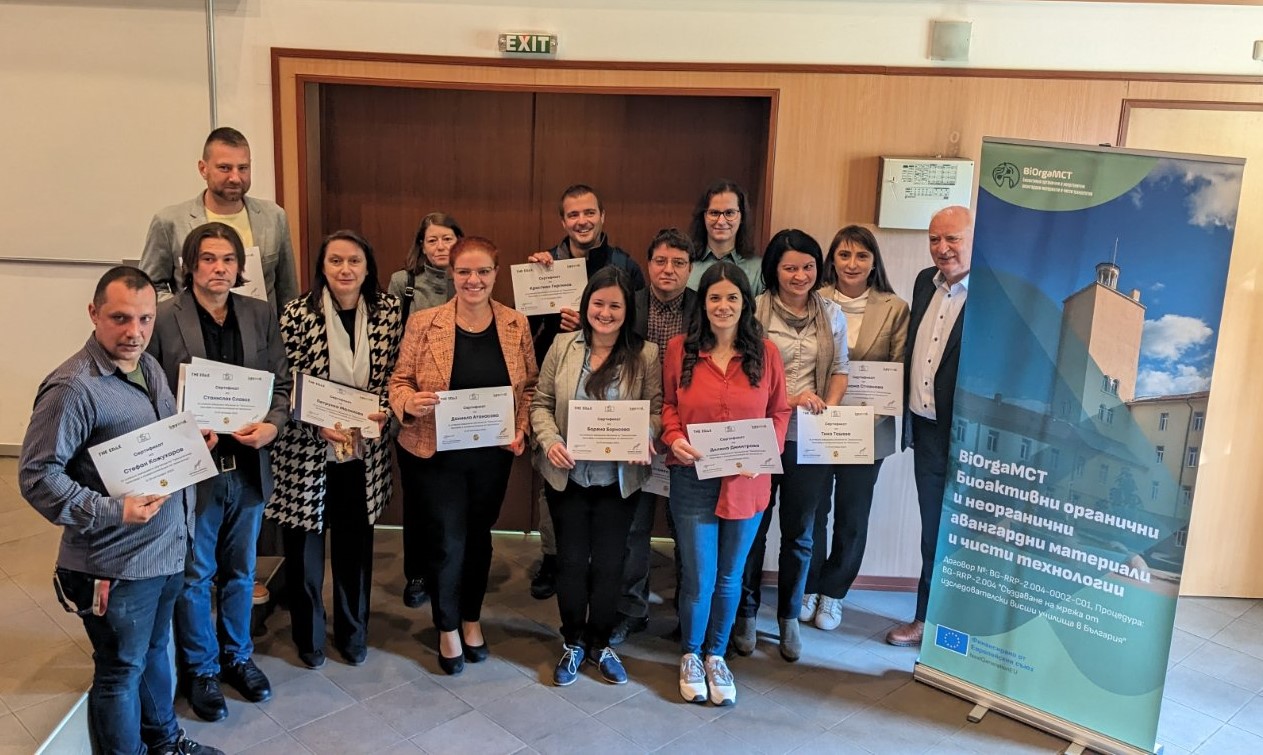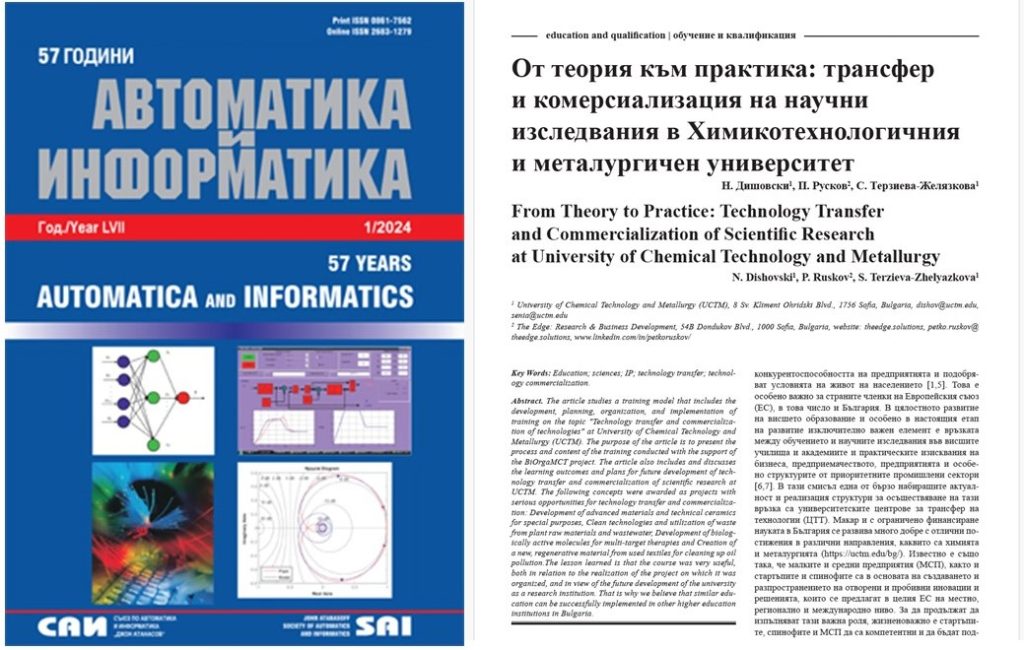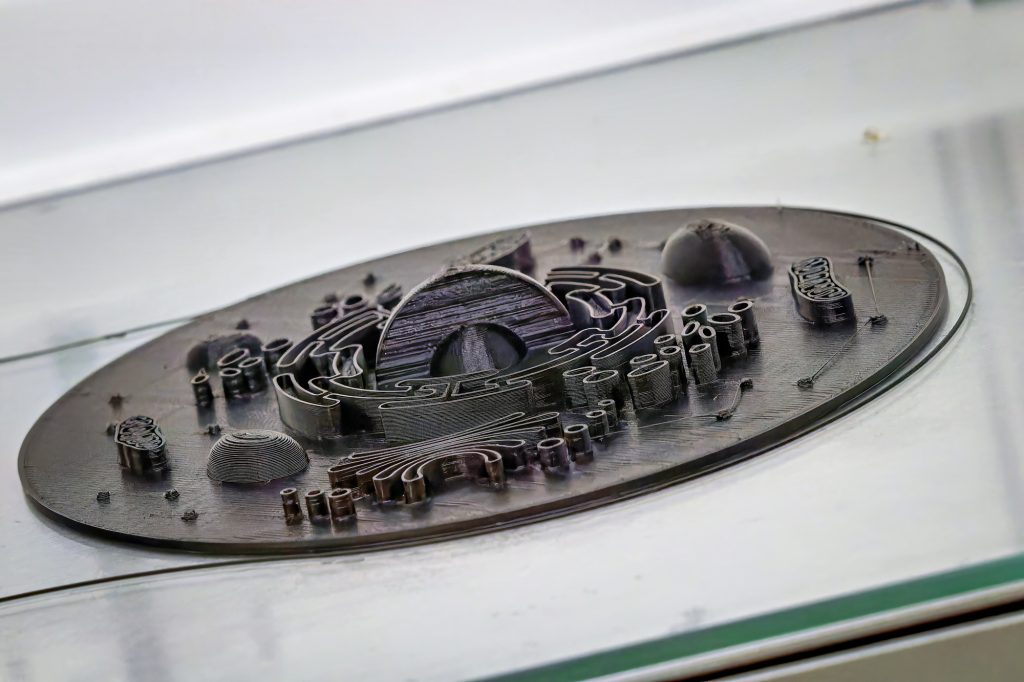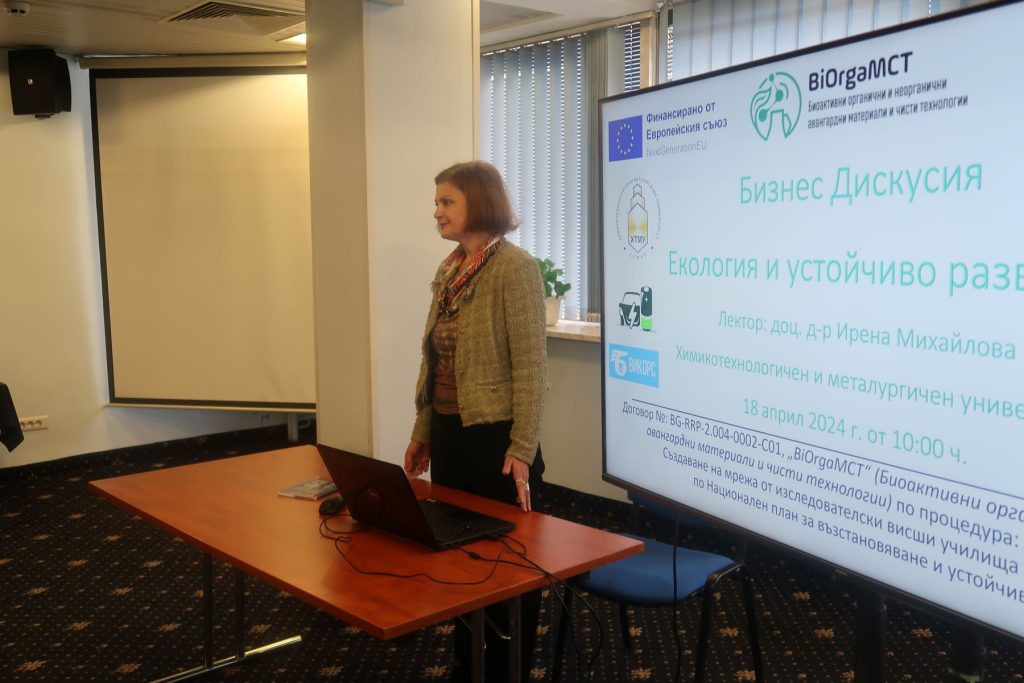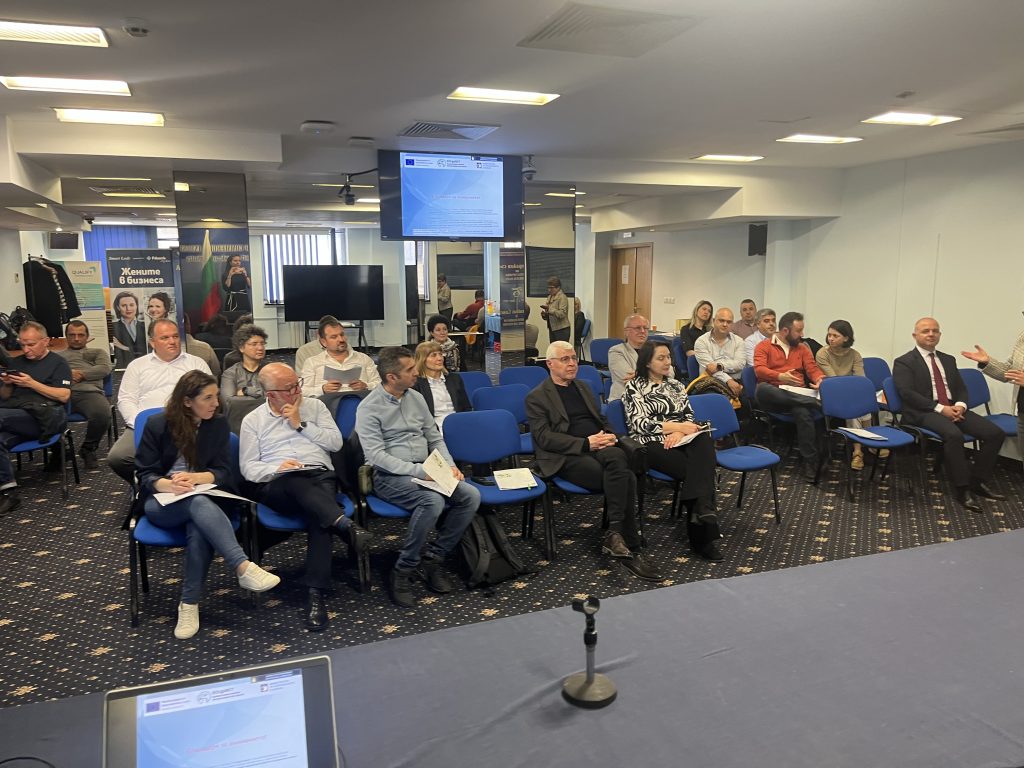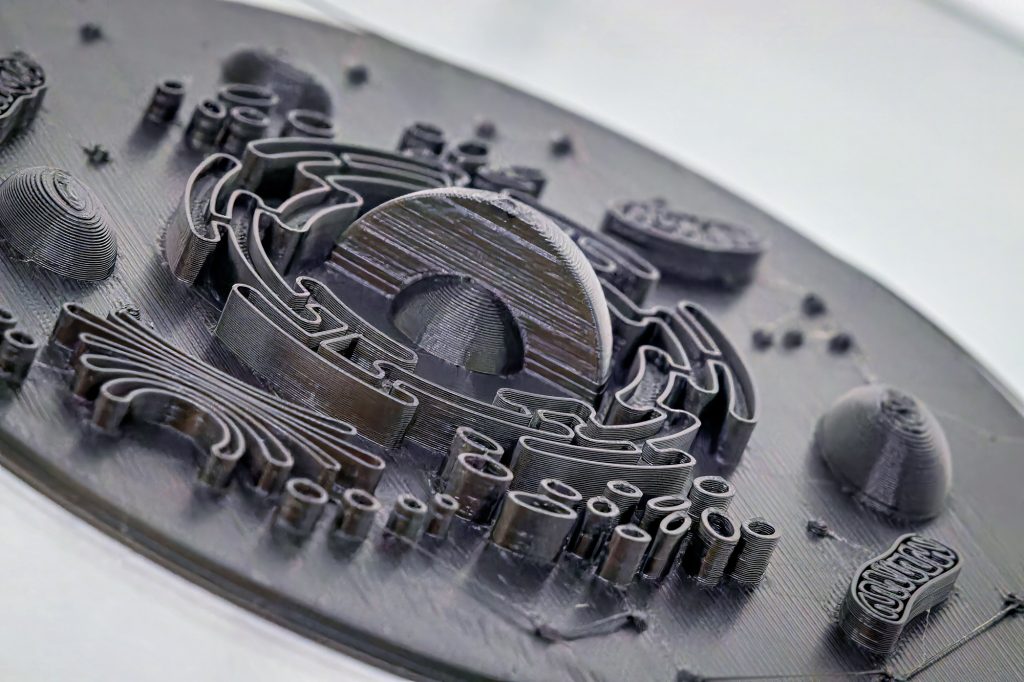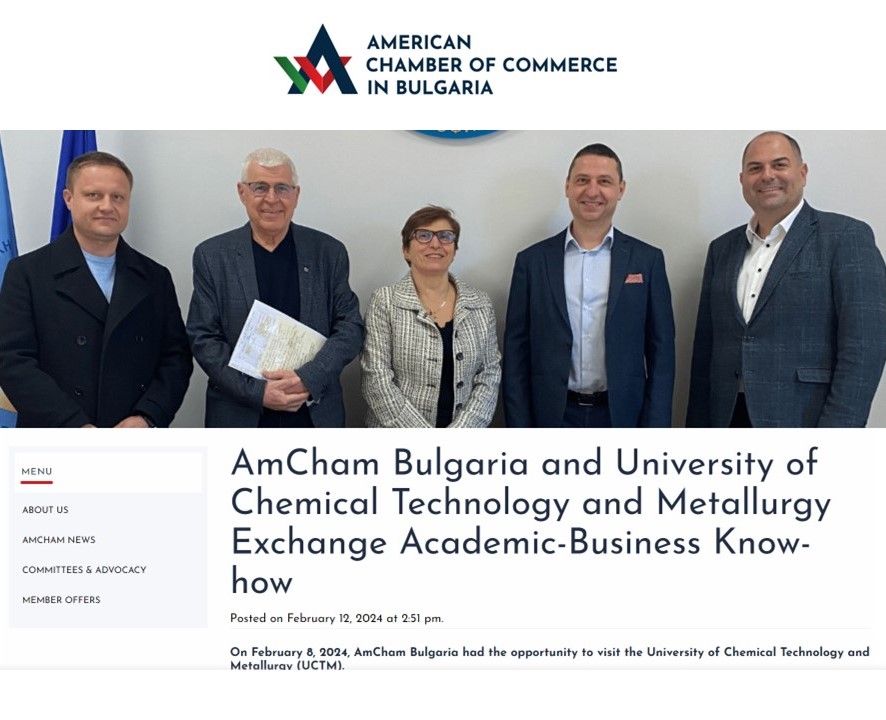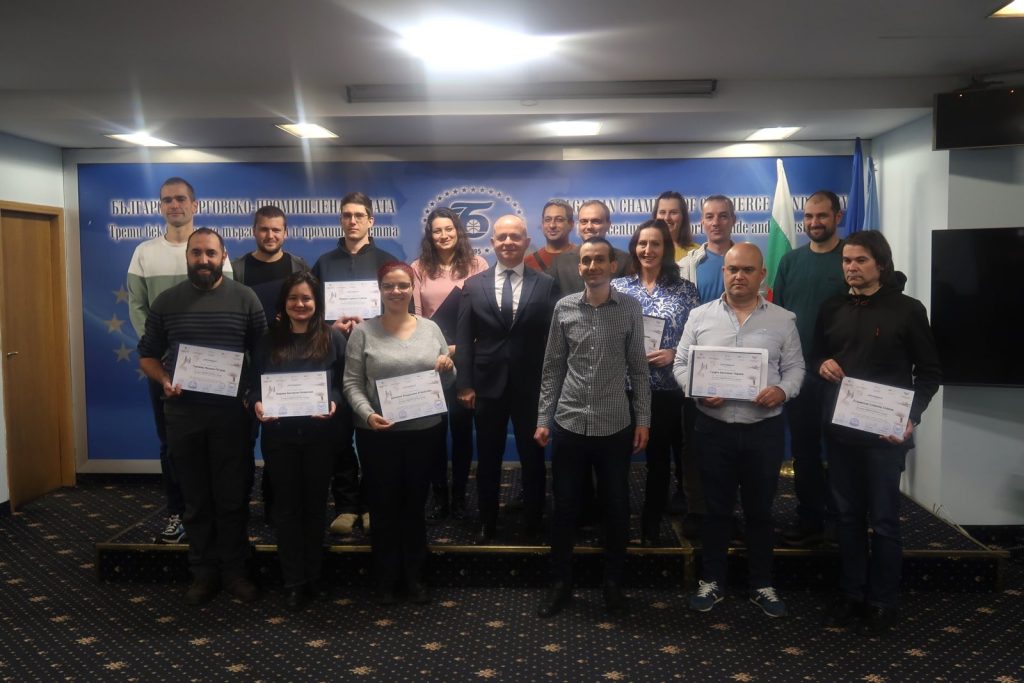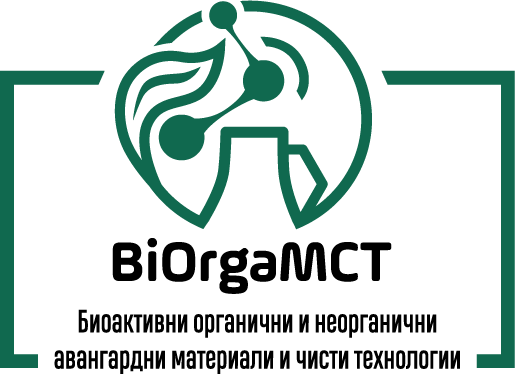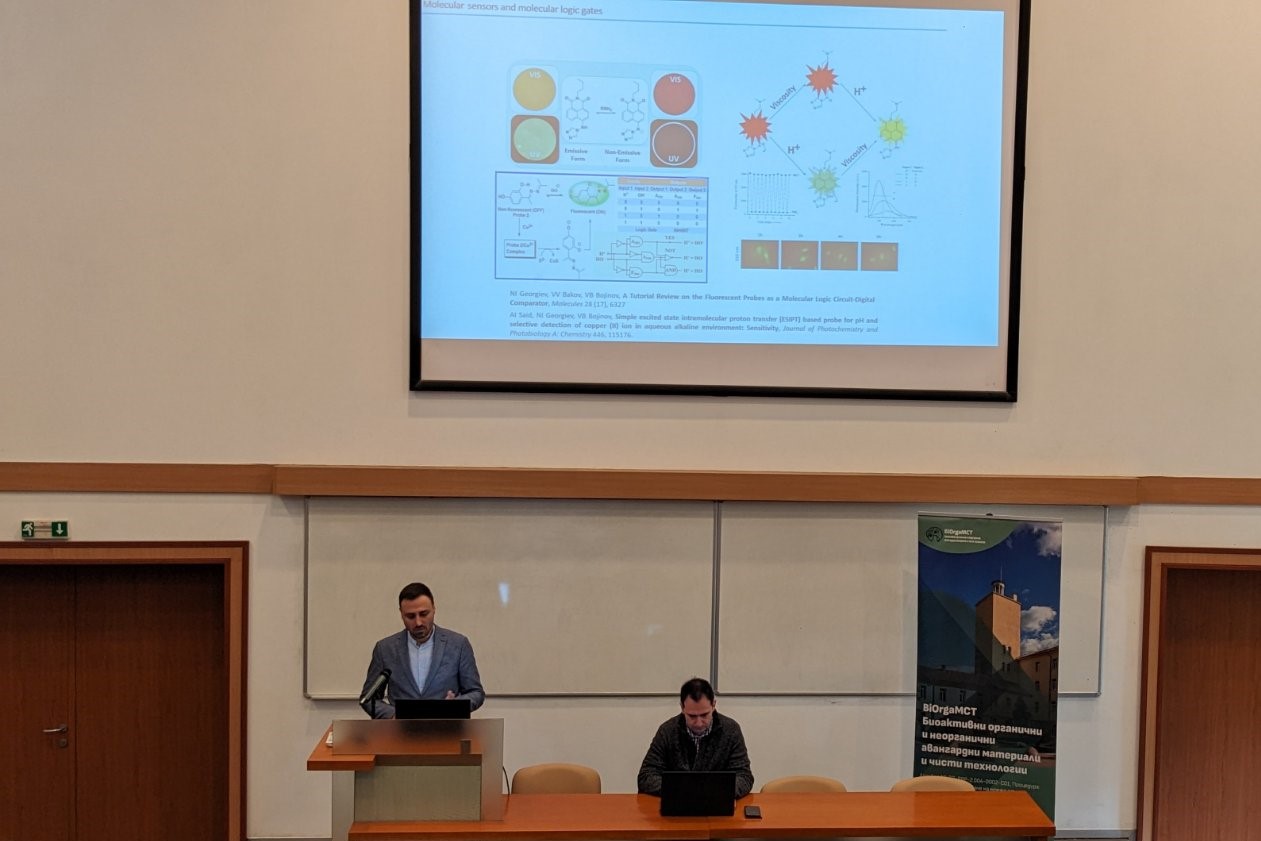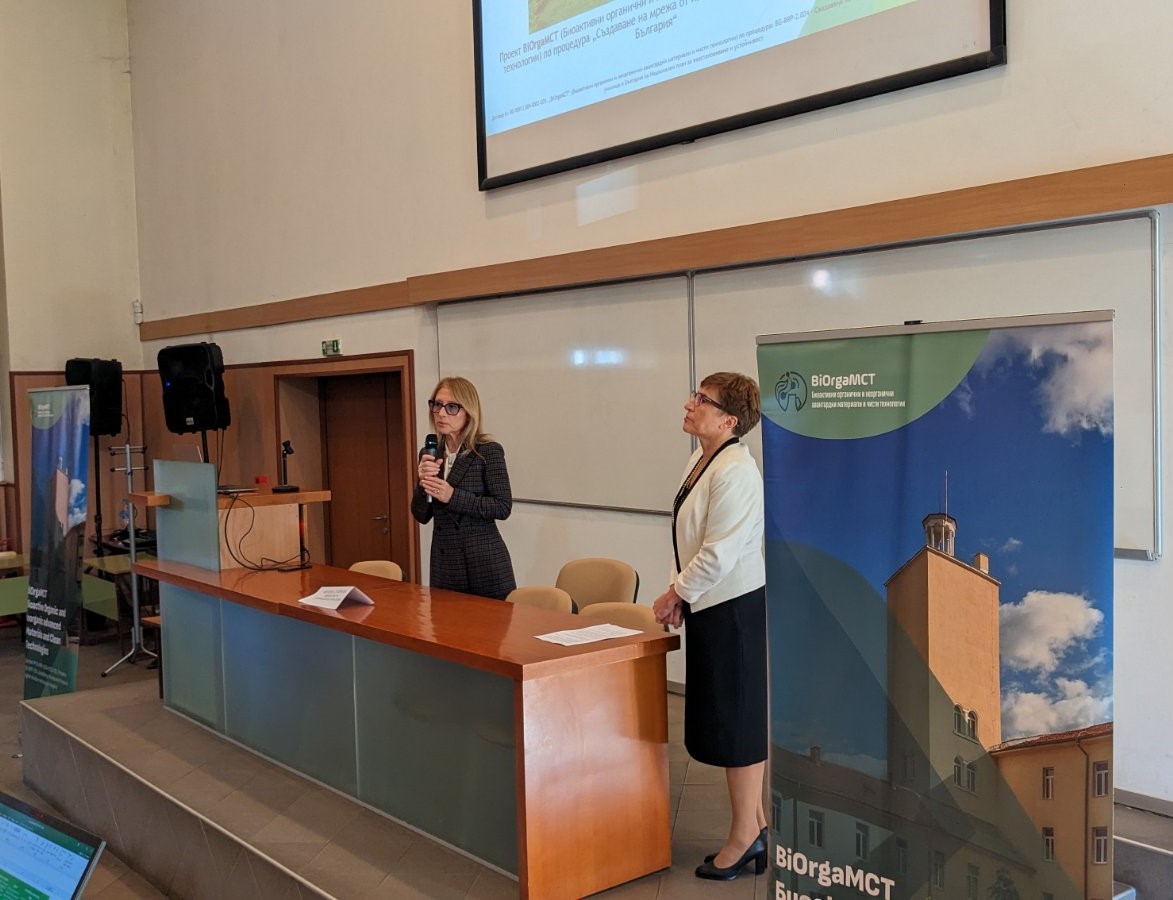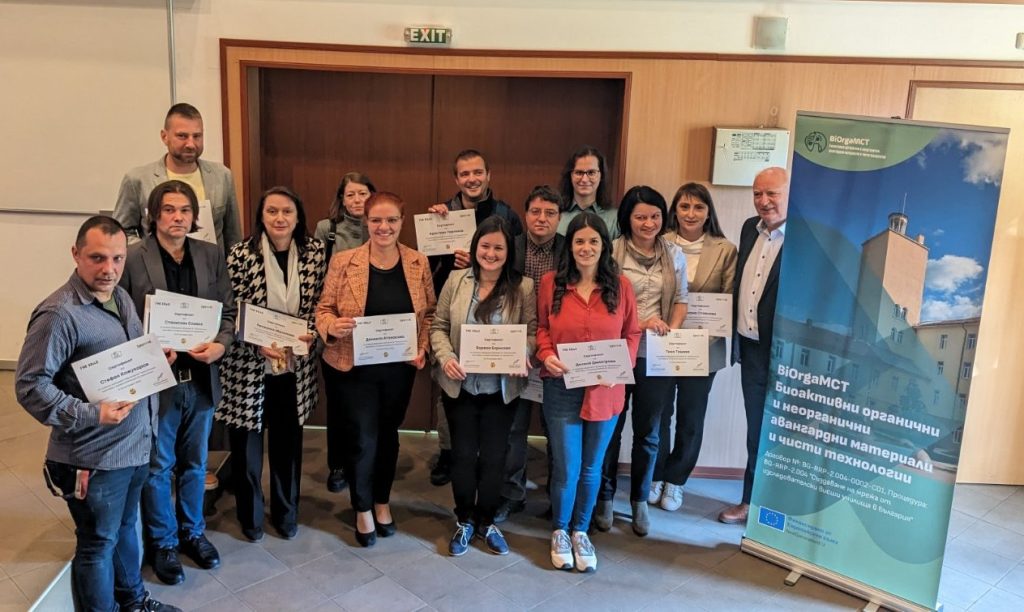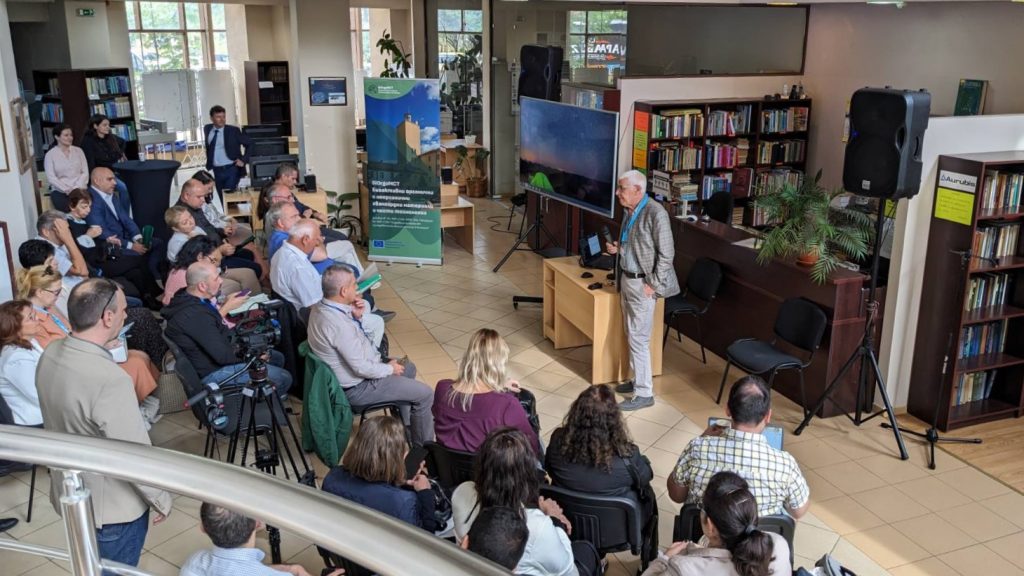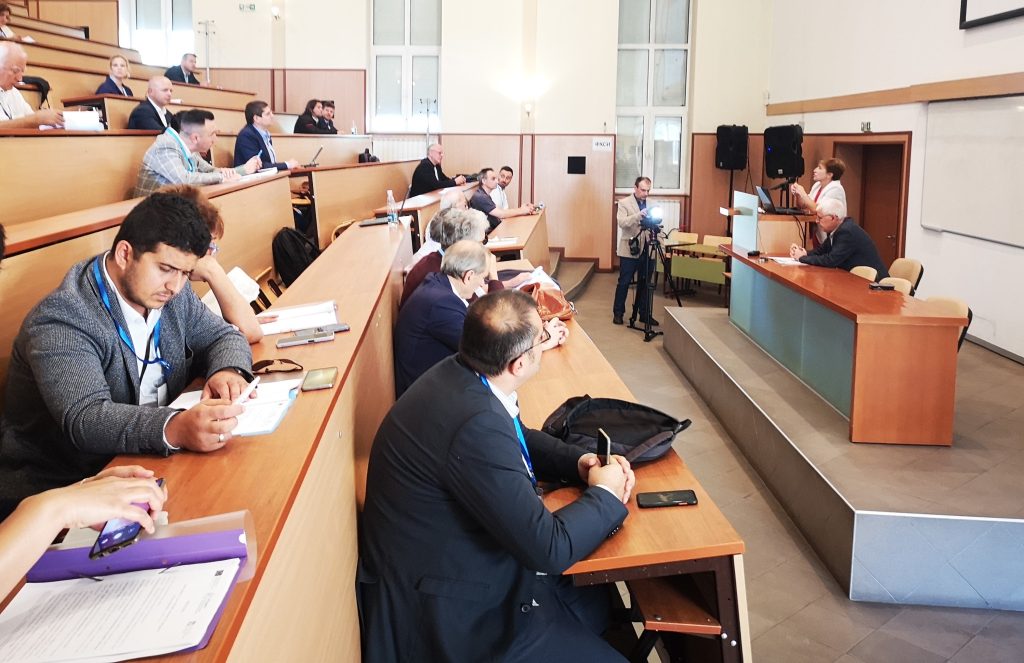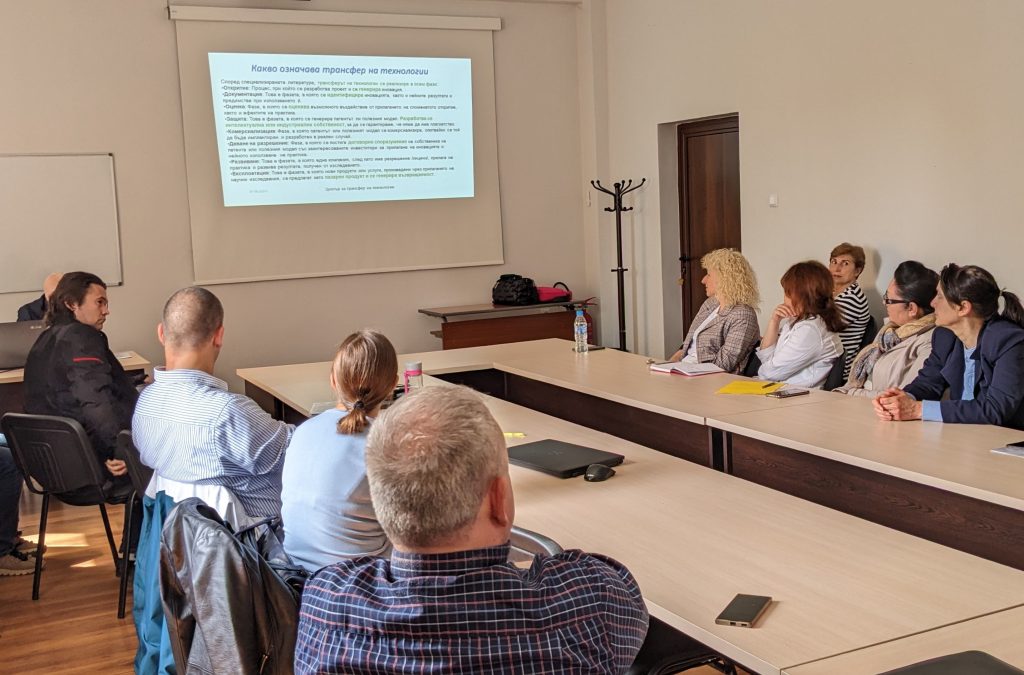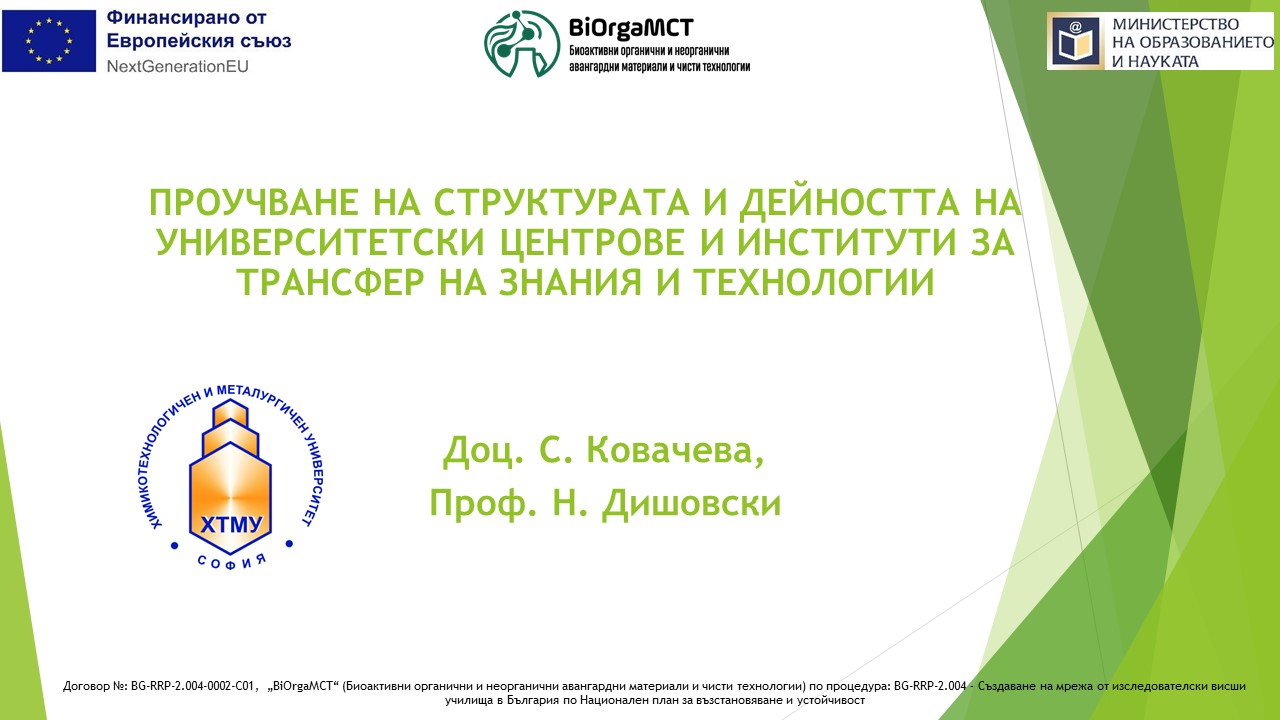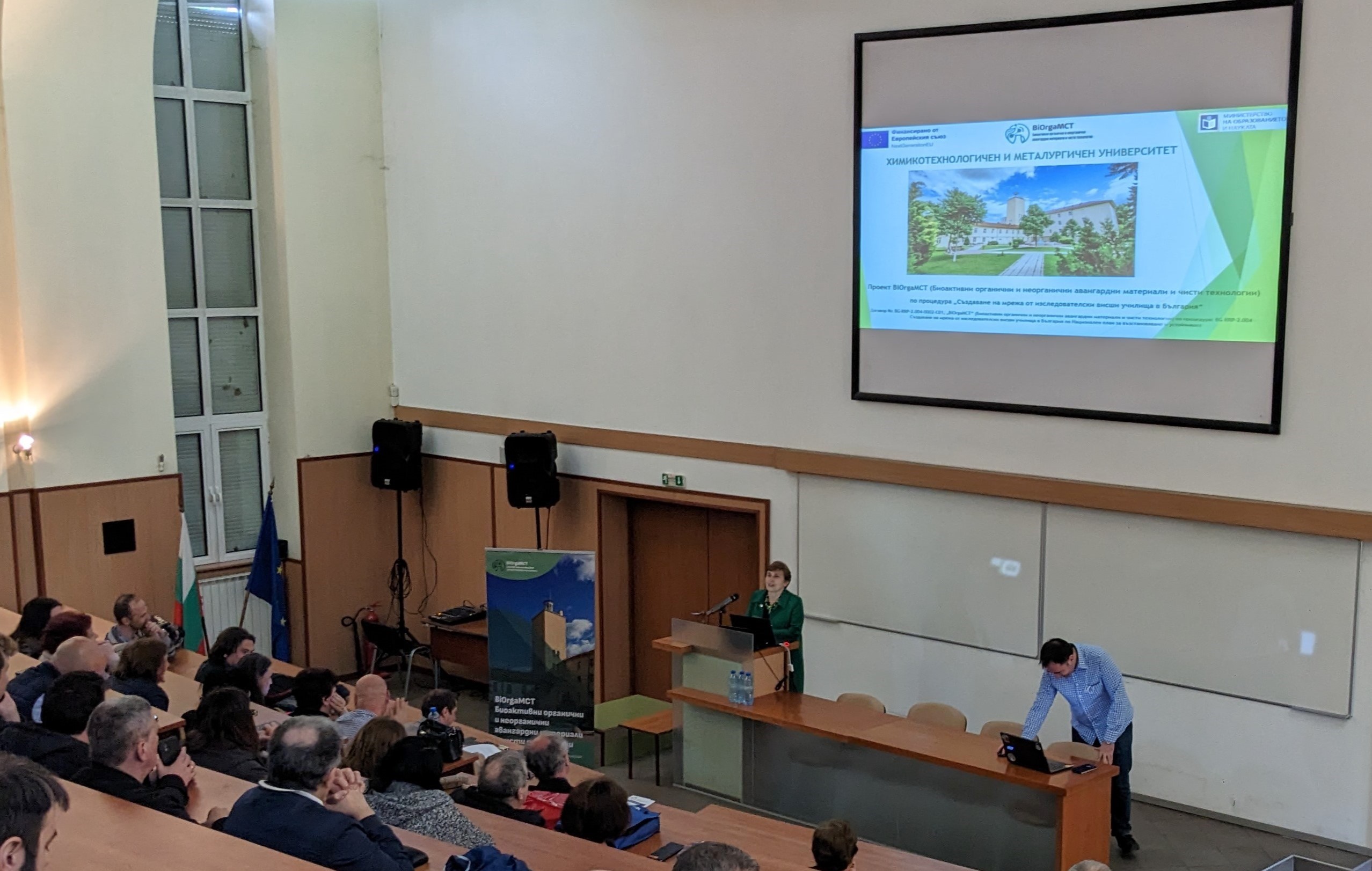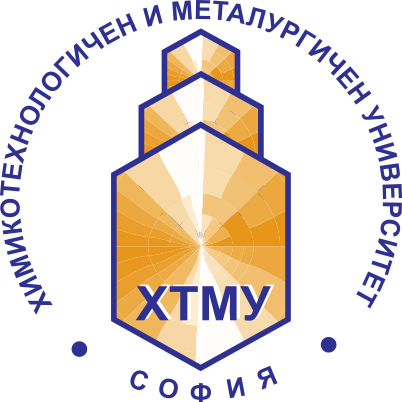About the group
Leading researcher: Prof. DSc (Phys. Chem.) Martin Bojinov
Theme: Experimental and modelling investigation of corrosion and degradation processes of internals in nuclear reactors; Experimental characterization and modelling of flow assisted corrosion and fouling in steam generators of power plants.
Activity 1. Experimental study and modeling of the corrosion processes of internal casing materials in power reactors – Two types of models will be developed. The first model will be based on the developed generalized quantitative model of the growth of passive oxide films in high-temperature electrolytes, the so-called mixed conductivity model (MCM), taking into account the hydrogenation processes of the materials. For further development, validation and verification of the model, long-term in-situ electrochemical measurements of the growth of oxide layers on in-body materials in simulated heat carriers will be carried out. The model for the transitions between the distinct periods of stable growth will be based on oxide mechanics calculations in order to obtain expressions for the evolution of internal stresses during oxide film growth. The critical values of the basic mechanical and electrochemical characteristics of the oxide at which a transition from one stable growth period to another occurs will be evaluated.
Activity 2. Experimental characterization and modeling of corrosion erosion and sludge deposition processes in steam generators of power plants.
Development of an Improved Deterministic Single-Phase flow-assisted corrosion Model via Quantitative Assessment of Particulate and Soluble Iron Input Flux in Steam Generators. Development of an improved deterministic model of sludge formation and consolidation in steam generators. Investigation of the effect of film-forming amines, hydrazine alternatives and dispersants on flow-assisted corrosion and sludge formation. Development of a new version of a predictive deterministic model accounting for the influence of this type of additives. Investigation of the two-phase flow-assisted corrosion by electrochemical methods – control of the speed of the processes and their products (ions and colloidal particles), definition of the speed-determining stages depending on the materials and the water-chemical regime in the steam generators.
Publications:
- M. Bojinov, I. Betova, V. Karastoyanov, G. Avdeev, Corrosion of stainless steel in simulated nuclear reactor primary coolant – experiments and modeling, Materials 17(2024) 1148 Q2 (Materials Science) https://doi.org/10.3390/ma17051148
- M. Bojinov, I. Betova, V. Karastoyanov, Corrosion mechanism and electrochemical reactions on Alloy 690 in simulated primary coolant of water-water energy reactors Materials 17(2024) 1846 Q2 (Materials Science) https://doi.org/10.3390/ma17081846
- M. Bojinov, L. Chang, T. Saario, Z. Que, Corrosion of 316L stainless steel produced by laser powder bed fusion and powder metallurgy in pressurized water reactor primary coolant, Materialia 34 (2024) 102055. Q2 (Materials Science) https://doi.org/10.1016/j.mtla.2024.102055
- S. Goel, M. Bojinov, T.Saario, J. Capek, E. Polatidis, T. Kantonen, A. Salminen, M. Blankenburg, A. Ganvir, Z. Que, Corrosion behavior of laser powder bed fusion manufactured nickel-free stainless steels in high-temperature water, Corrosion Science 239(2024)112410. Q1 (Materials Science) https://doi.org/10.1016/j.corsci.2024.112410
- K. Sipilä, P. Ferreiros, T. Ikäläinen, A. Mikkelson, I. Betova, M. Bojinov, Decomposition products of oxygen scavengers and their effect on corrosion of steam generator materials – I. Diethyl-hydroxylamine and carbohydrazide, Corrosion Science 240 (2024) 112476 Q1 (Materials Science) https://doi.org/10.1016/j.corsci.2024.112476
- N. Ivanova, V. Karastoyanov, I. Betova, M. Bojinov, Study of ammonia adsorption on magnetite surfaces with molecular dynamics simulations, Molecules 29 (2024) 3276 Q1 (Chemistry-miscellaneous) https://doi.org/10.3390/molecules29143276
- M. Bojinov, S. Goel, T. Ikäläinen, T. Saario, Effect of sulfide addition on the corrosion mechanism of copper in saline groundwater solution, Journal of The Electrochemical Society 171(2024) 041505 Q1 (Materials Chemistry) https://doi.org/10.1149/1945-7111/ad3fed
- M. Bojinov, I. Betova, V. Karastoyanov, Multi-method characterization of anodic oxidation of a titanium alloy in fluoride-containing electrolytes, Journal of Solid State Electrochemistry 27 (2023) 1835–1846. Q2 (Materials Chemistry) https://doi.org/10.1007/s10008-023-05442-9
- M. Bojinov, Y. Penkova, I. Betova, V. Karastoyanov, Mechanism of anodic dissolution of tungsten in sulfate-fluoride solutions, Metals 14(2024)1004. Q1 (Metals and Alloys) https://doi.org/10.3390/met14091004
- I. Betova, M. Bojinov, V. Karastoyanov, Corrosion of low-alloyed steel in ethanolamine steam generator chemistry – effect of temperature and flow rate, Molecules 30 (2025) 418 (Q1), https://doi.org/10.3390/molecules30020418
- I. Dimitrova, R. Slavchov, Charge regulation in liquid films stabilized by ionic surfactants: change of adsorption with film thickness and phase transitions, Molecules 30 (2025) 659 (Q1), https://doi.org/10.3390/molecules30030659
- M. Bojinov, I. Betova, N. Ivanova, V. Karastoyanov, Effect of temperature and flow rate on erosion-corrosion mechanism of low-alloy steel in simulated steam generator conditions Materials 18(2025) 944 (Q1), https://doi.org/10.3390/ma18050944
- N. Ivanova, V. Karastoyanov I. Betova, M. Bojinov, Interaction of ethanolamine with magnetite through molecular dynamics simulations, Molecules, 30 (2025) 3197 (Q1), https://doi.org/10.3390/molecules30153197
- I. Betova, M. Bojinov, V. Karastoyanov, Corrosion mechanism of austenitic stainless steel in simulated small modular reactor primary water chemistry, Metals 15 (2025) 875, https://doi.org/10.3390/met15080875
- Y. Penkova, I. Betova, S. Budeva, V. Karastoyanov, M. Bojinov, Synthesis, modification and characterization of tungsten oxide catalysts for photoelectrochemical water splitting, J. PhotoChem. PhotoBiol. A 470 (2026) 116665 (Q2), https://doi.org/10.1016/j.electacta.2024.143908
- S Ojasalo, A Antikainen, S Nandy, V Nurmi, M Bojinov, V. Karastoyanov, E. Huttunen-Saarivirta, High temperature corrosion of steels by nitridation in ammonia, Surface and Coating Technology – to be published
- M. Bojinov, I. Betova, V. Karastoyanov, Corrosion and anodic oxidation of Alloy 690 in simulated primary coolant of a small modular reactor studied by in-situ electrochemical impedance spectroscopy, Metals – to be published
- K. Sipilä, M. Bojinov, E. Huttunen-Saarivirta, S. Goel, Ch. Soundararajan, Electrochemical behavior of duplex and austenitic stainless steels in hot sulfuric and hydrochloric acid, Electrochimica Acta – to be published
- Y. Penkova, I. Betova, S. Vasileva, V. Karastoyanov, M. Bojinov, Electrochemically synthesized copper-tungsten oxides as photo-cathodes for light-assisted water splitting, J. PhotoChem. PhotoBiol. A – to be published
- A. Toivonen, Ch. Soundararajan, M. Bojinov, P. Pohjanne, E. Huttunen-Saarivirta, Stress corrosion cracking of nickel alloys in anoxic chloride and elemental sulfur containing high-temperature alkaline solutions – to be published
- K. Sipilä, P. Ferreiros, T. Ikäläinen, A. Niemelä, I. Betova, M. Bojinov, Decomposition products of oxygen scavengers and their effect on corrosion of steam generator materials – II. Erythorbic acid and methyl-ethyl-ketoxime – to be published
- K. Sipilä, P. Ferreiros, T. Ikäläinen, I. Betova, M. Bojinov, Long-term interaction of commercial hydrazine alternatives with tube materials in simulated nuclear plant steam generator conditions – to be published
Leading researcher: Prof. DSc (Phys. Chem.) Martin Bojinov
Theme: Experimental and modelling investigation of corrosion and degradation processes of internals in nuclear reactors; Experimental characterization and modelling of flow assisted corrosion and fouling in steam generators of power plants.
Activity 1. Experimental study and modeling of the corrosion processes of internal casing materials in power reactors – Two types of models will be developed. The first model will be based on the developed generalized quantitative model of the growth of passive oxide films in high-temperature electrolytes, the so-called mixed conductivity model (MCM), taking into account the hydrogenation processes of the materials. For further development, validation and verification of the model, long-term in-situ electrochemical measurements of the growth of oxide layers on in-body materials in simulated heat carriers will be carried out. The model for the transitions between the distinct periods of stable growth will be based on oxide mechanics calculations in order to obtain expressions for the evolution of internal stresses during oxide film growth. The critical values of the basic mechanical and electrochemical characteristics of the oxide at which a transition from one stable growth period to another occurs will be evaluated.
Activity 2. Experimental characterization and modeling of corrosion erosion and sludge deposition processes in steam generators of power plants.
Development of an Improved Deterministic Single-Phase flow-assisted corrosion Model via Quantitative Assessment of Particulate and Soluble Iron Input Flux in Steam Generators. Development of an improved deterministic model of sludge formation and consolidation in steam generators. Investigation of the effect of film-forming amines, hydrazine alternatives and dispersants on flow-assisted corrosion and sludge formation. Development of a new version of a predictive deterministic model accounting for the influence of this type of additives. Investigation of the two-phase flow-assisted corrosion by electrochemical methods – control of the speed of the processes and their products (ions and colloidal particles), definition of the speed-determining stages depending on the materials and the water-chemical regime in the steam generators.
Publications:
- M. Bojinov, I. Betova, V. Karastoyanov, G. Avdeev, Corrosion of stainless steel in simulated nuclear reactor primary coolant – experiments and modeling, Materials 17(2024) 1148 Q2 (Materials Science) https://doi.org/10.3390/ma17051148
- M. Bojinov, I. Betova, V. Karastoyanov, Corrosion mechanism and electrochemical reactions on Alloy 690 in simulated primary coolant of water-water energy reactors Materials 17(2024) 1846 Q2 (Materials Science) https://doi.org/10.3390/ma17081846
- M. Bojinov, L. Chang, T. Saario, Z. Que, Corrosion of 316L stainless steel produced by laser powder bed fusion and powder metallurgy in pressurized water reactor primary coolant, Materialia 34 (2024) 102055. Q2 (Materials Science) https://doi.org/10.1016/j.mtla.2024.102055
- S. Goel, M. Bojinov, T.Saario, J. Capek, E. Polatidis, T. Kantonen, A. Salminen, M. Blankenburg, A. Ganvir, Z. Que, Corrosion behavior of laser powder bed fusion manufactured nickel-free stainless steels in high-temperature water, Corrosion Science 239(2024)112410. Q1 (Materials Science) https://doi.org/10.1016/j.corsci.2024.112410
- K. Sipilä, P. Ferreiros, T. Ikäläinen, A. Mikkelson, I. Betova, M. Bojinov, Decomposition products of oxygen scavengers and their effect on corrosion of steam generator materials – I. Diethyl-hydroxylamine and carbohydrazide, Corrosion Science 240 (2024) 112476 Q1 (Materials Science) https://doi.org/10.1016/j.corsci.2024.112476
- N. Ivanova, V. Karastoyanov, I. Betova, M. Bojinov, Study of ammonia adsorption on magnetite surfaces with molecular dynamics simulations, Molecules 29 (2024) 3276 Q1 (Chemistry-miscellaneous) https://doi.org/10.3390/molecules29143276
- M. Bojinov, S. Goel, T. Ikäläinen, T. Saario, Effect of sulfide addition on the corrosion mechanism of copper in saline groundwater solution, Journal of The Electrochemical Society 171(2024) 041505 Q1 (Materials Chemistry) https://doi.org/10.1149/1945-7111/ad3fed
- M. Bojinov, I. Betova, V. Karastoyanov, Multi-method characterization of anodic oxidation of a titanium alloy in fluoride-containing electrolytes, Journal of Solid State Electrochemistry 27 (2023) 1835–1846. Q2 (Materials Chemistry) https://doi.org/10.1007/s10008-023-05442-9
- M. Bojinov, Y. Penkova, I. Betova, V. Karastoyanov, Mechanism of anodic dissolution of tungsten in sulfate-fluoride solutions, Metals 14(2024)1004. Q1 (Metals and Alloys) https://doi.org/10.3390/met14091004
- I. Betova, M. Bojinov, V. Karastoyanov, Corrosion of low-alloyed steel in ethanolamine steam generator chemistry – effect of temperature and flow rate, Molecules 30 (2025) 418 (Q1), https://doi.org/10.3390/molecules30020418
- I. Dimitrova, R. Slavchov, Charge regulation in liquid films stabilized by ionic surfactants: change of adsorption with film thickness and phase transitions, Molecules 30 (2025) 659 (Q1), https://doi.org/10.3390/molecules30030659
- M. Bojinov, I. Betova, N. Ivanova, V. Karastoyanov, Effect of temperature and flow rate on erosion-corrosion mechanism of low-alloy steel in simulated steam generator conditions Materials 18(2025) 944 (Q1), https://doi.org/10.3390/ma18050944
- N. Ivanova, V. Karastoyanov I. Betova, M. Bojinov, Interaction of ethanolamine with magnetite through molecular dynamics simulations, Molecules, 30 (2025) 3197 (Q1), https://doi.org/10.3390/molecules30153197
- I. Betova, M. Bojinov, V. Karastoyanov, Corrosion mechanism of austenitic stainless steel in simulated small modular reactor primary water chemistry, Metals 15 (2025) 875, https://doi.org/10.3390/met15080875
- Y. Penkova, I. Betova, S. Budeva, V. Karastoyanov, M. Bojinov, Synthesis, modification and characterization of tungsten oxide catalysts for photoelectrochemical water splitting, J. PhotoChem. PhotoBiol. A 470 (2026) 116665 (Q2), https://doi.org/10.1016/j.electacta.2024.143908
- S Ojasalo, A Antikainen, S Nandy, V Nurmi, M Bojinov, V. Karastoyanov, E. Huttunen-Saarivirta, High temperature corrosion of steels by nitridation in ammonia, Surface and Coating Technology – to be published
- M. Bojinov, I. Betova, V. Karastoyanov, Corrosion and anodic oxidation of Alloy 690 in simulated primary coolant of a small modular reactor studied by in-situ electrochemical impedance spectroscopy, Metals – to be published
- K. Sipilä, M. Bojinov, E. Huttunen-Saarivirta, S. Goel, Ch. Soundararajan, Electrochemical behavior of duplex and austenitic stainless steels in hot sulfuric and hydrochloric acid, Electrochimica Acta – to be published
- Y. Penkova, I. Betova, S. Vasileva, V. Karastoyanov, M. Bojinov, Electrochemically synthesized copper-tungsten oxides as photo-cathodes for light-assisted water splitting, J. PhotoChem. PhotoBiol. A – to be published
- A. Toivonen, Ch. Soundararajan, M. Bojinov, P. Pohjanne, E. Huttunen-Saarivirta, Stress corrosion cracking of nickel alloys in anoxic chloride and elemental sulfur containing high-temperature alkaline solutions – to be published
- K. Sipilä, P. Ferreiros, T. Ikäläinen, A. Niemelä, I. Betova, M. Bojinov, Decomposition products of oxygen scavengers and their effect on corrosion of steam generator materials – II. Erythorbic acid and methyl-ethyl-ketoxime – to be published
- K. Sipilä, P. Ferreiros, T. Ikäläinen, I. Betova, M. Bojinov, Long-term interaction of commercial hydrazine alternatives with tube materials in simulated nuclear plant steam generator conditions – to be published


